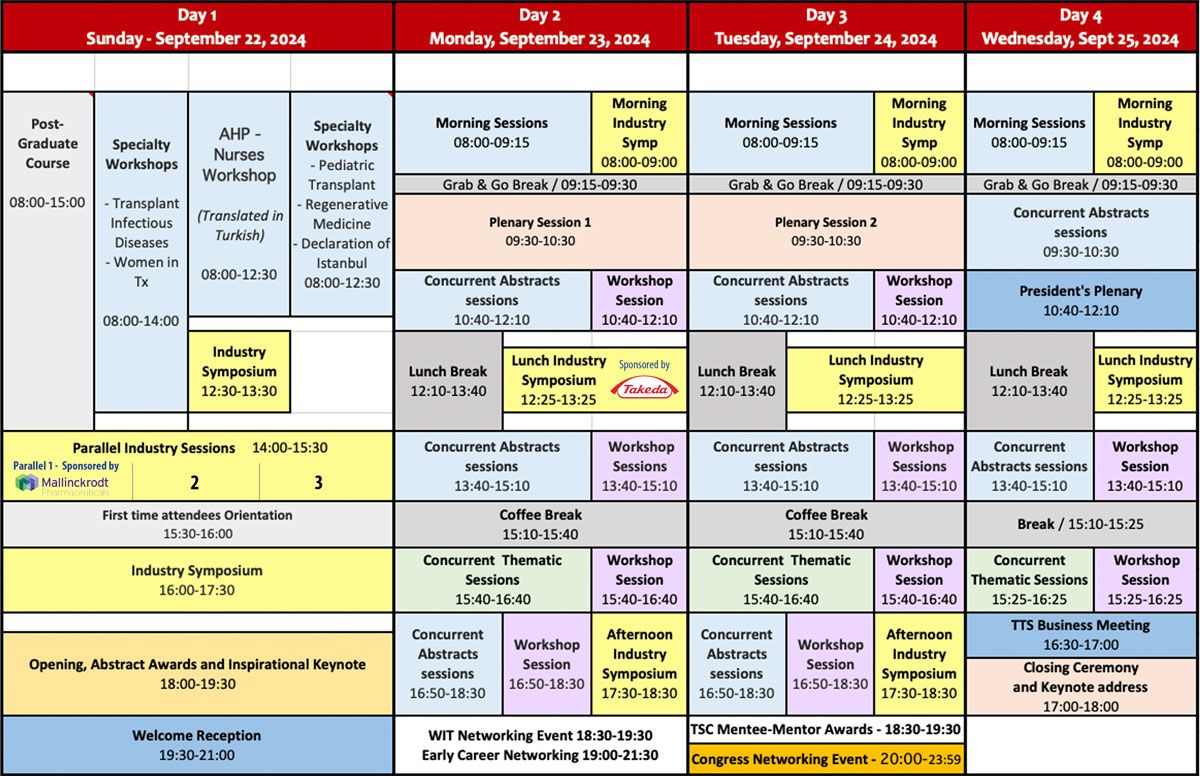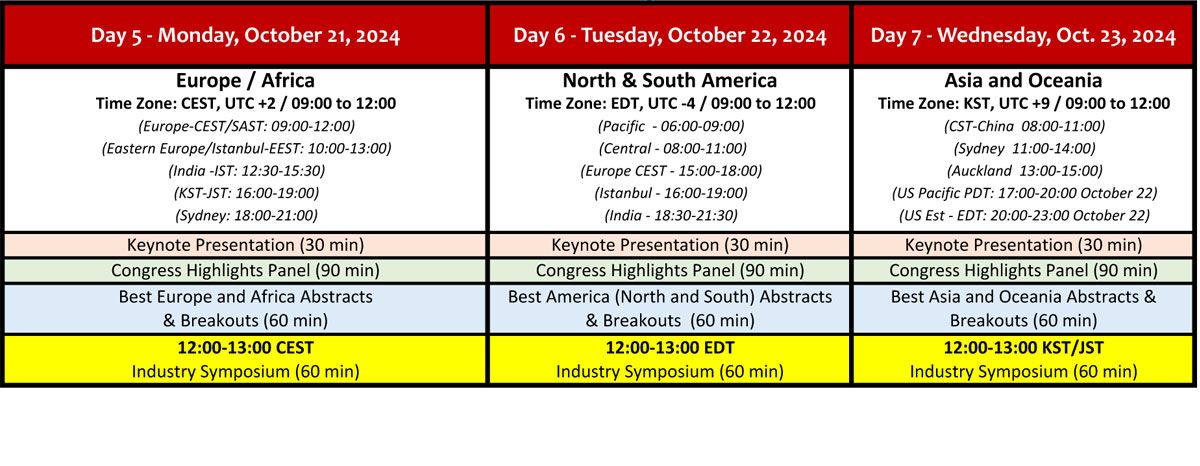TTS 2024 Newsletter # 1 - March 7, 2024
Join us in Istanbul as we break new ground and pioneer innovations that will redefine the landscape of transplantation for years to come.
Calling all Transplantation Enthusiasts and Medical Innovators
From September 22 to 25, 2024 - Get ready to embark on a transformative journey at TTS 2024, where the ancient city of Istanbul, Turkey, will set the stage for groundbreaking discussions and advancements in the field of transplantation.

Medical professionals, researchers, and experts from around the globe will converge in this vibrant metropolis to explore the latest developments, share cutting-edge research, and collaboratively "Shape the future of transplantation". TTS 2024 promises an unparalleled opportunity to connect, learn, and contribute to the evolution of transplant medicine.
Deep Dive into our New Program Format
The meeting is being held in person with a virtual streaming option for those unable to travel
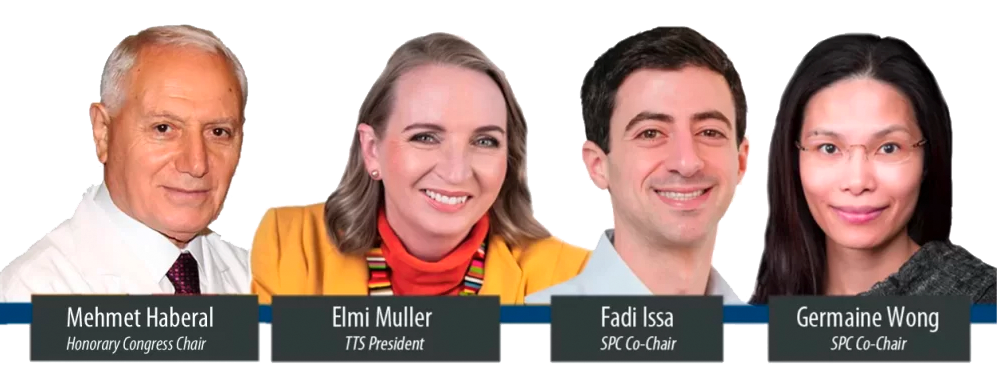
The congress will pivot around three central themes: Inform, Transform, and Sustain, placing emphasis on these overarching concepts rather than delving into specific topics. This strategic focus encourages a holistic approach to transplantation, creating a dynamic platform for the exploration of interconnected aspects within the field. By adopting this comprehensive perspective, participants will gain a nuanced understanding of the subject matter. Our aspiration is that this innovative approach will spark the cross-pollination of ideas, fostering a fertile ground for interdisciplinary collaboration. Recognizing the paramount importance of such collaboration, we believe it is pivotal in propelling the advancement of transplantation research and practice to new heights.

- Inform - encompassing updates on research, clinical practices, and technological advancements.
- Transform - focus on innovative techniques, new treatment modalities, and transformative approaches to transplantation.
- Sustain - emphasizing long-term outcomes, ethical considerations, sustainability, and global accessibility of transplantation services.
Plenary Speakers
Monday, September 23
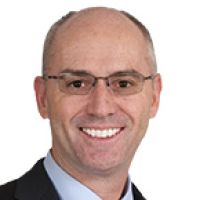
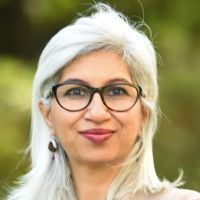
Tuesday, September 24
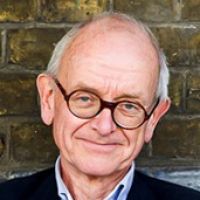
Wednesday, September 25
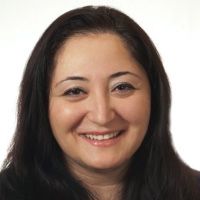
Wednesday, September 25
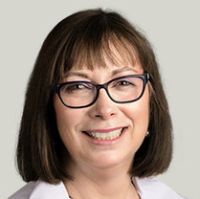
Monday, September 23
09:30-10:30
Plenary Session 1

David A. D’Alessandro, United States
Massachusetts General Hospital, Harvard Medical School
Innovations to improve and transform patient-important outcomes in cardiac transplantation

Zofeen T. Ebrahim, Pakistan
Independent freelance journalist based in Karachi
Through the Lens: A Journalist's perspective and experience in raising awareness on organ donation and transplantation
Tuesday, September 24
09:30-10:30
Plenary Session 2

Henry Marsh, United Kingdom
Neurosurgeon and pioneer of awake craniotomy techniques
Co-founder of the charity Hospice Ukraine
Co-founder of the charity Hospice Ukraine
Risk and the Surgeon
Wednesday, September 25
10:40-12:10
President’s Plenary

Ruth Sapir-Pichhadze, Canada
McGill University, Division of experimental medicine
Embracing Equity, Diversity & Inclusion Principles to Improve Access and Outcomes of Solid Organ Transplantation
Wednesday, September 25
17:00-18:00
Closing Plenary

Michelle A. Josephson, United States
University of Chicago, Medical Director, Kidney Transplant
Pregnancy in Solid Organ Transplant Recipients – current recommendations and controversies
Thematic Session Speakers
Mon Sep 23
| 15:40 - 16:40 | Thematic Session: Genetics in precision medicine |
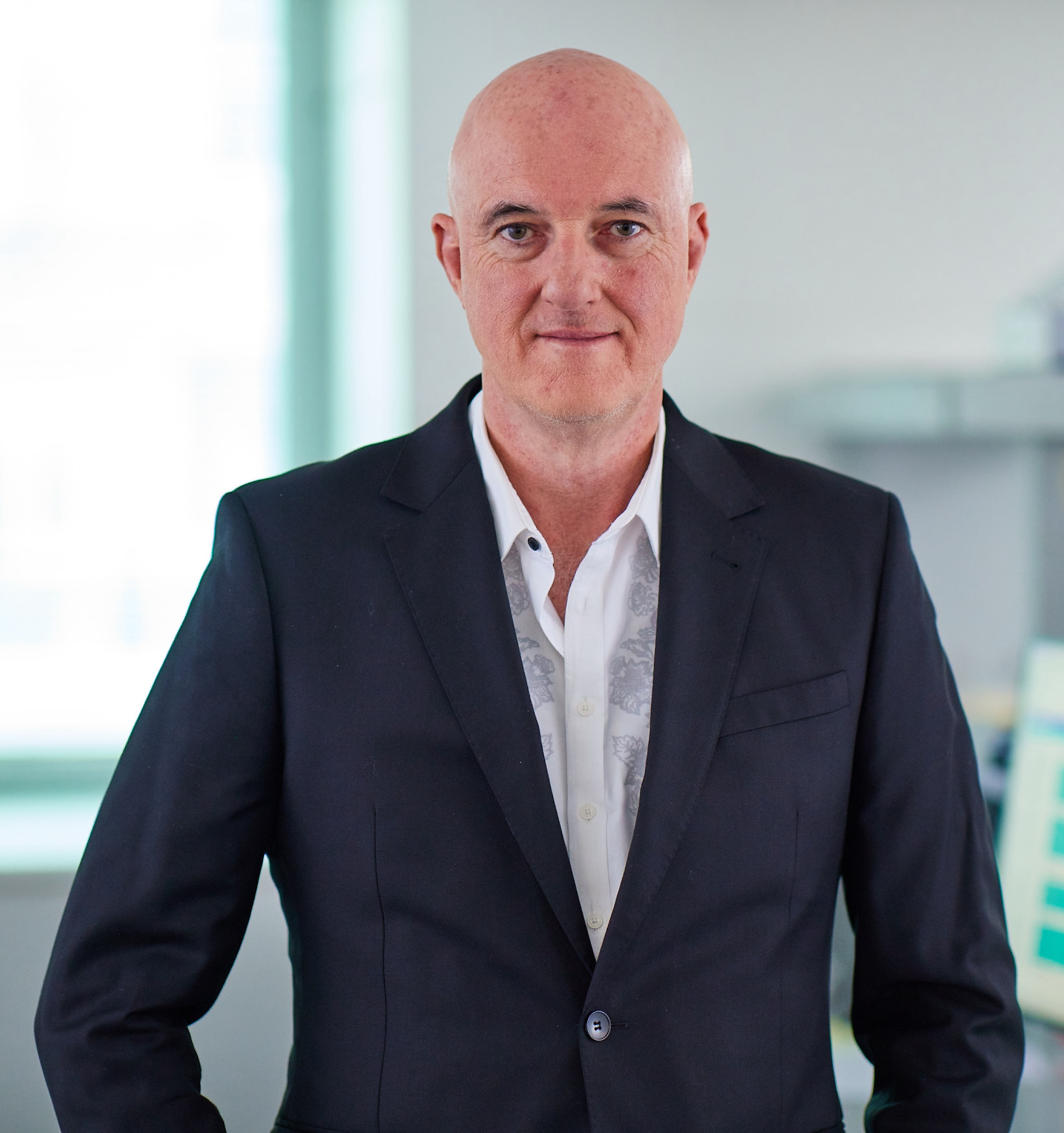
|
Genetics for precision medicine in transplantation Shane T Grey, Australia |

|
Biopsy transcriptomics for diagnosis and research Jasper Callemeyn, Belgium |
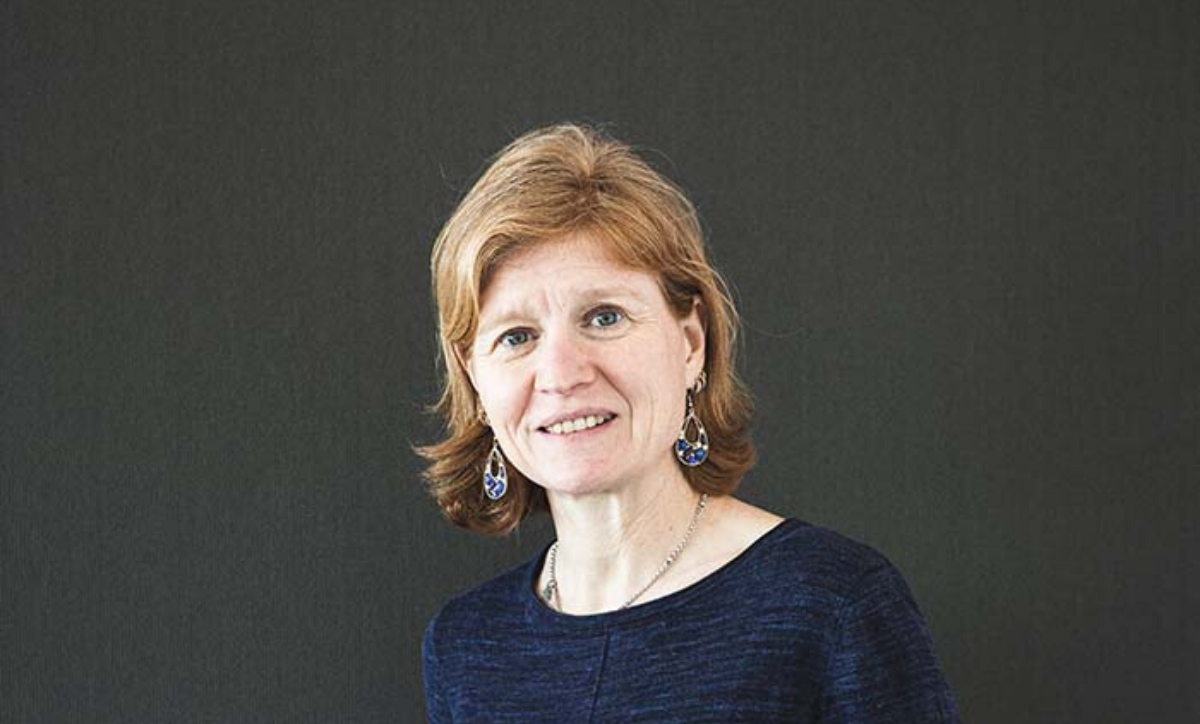
|
Identifying operational tolerance Sophie Brouard, France |
| 15:40 - 16:40 | Thematic Session: Promises of big data and AI - facts or fiction? |
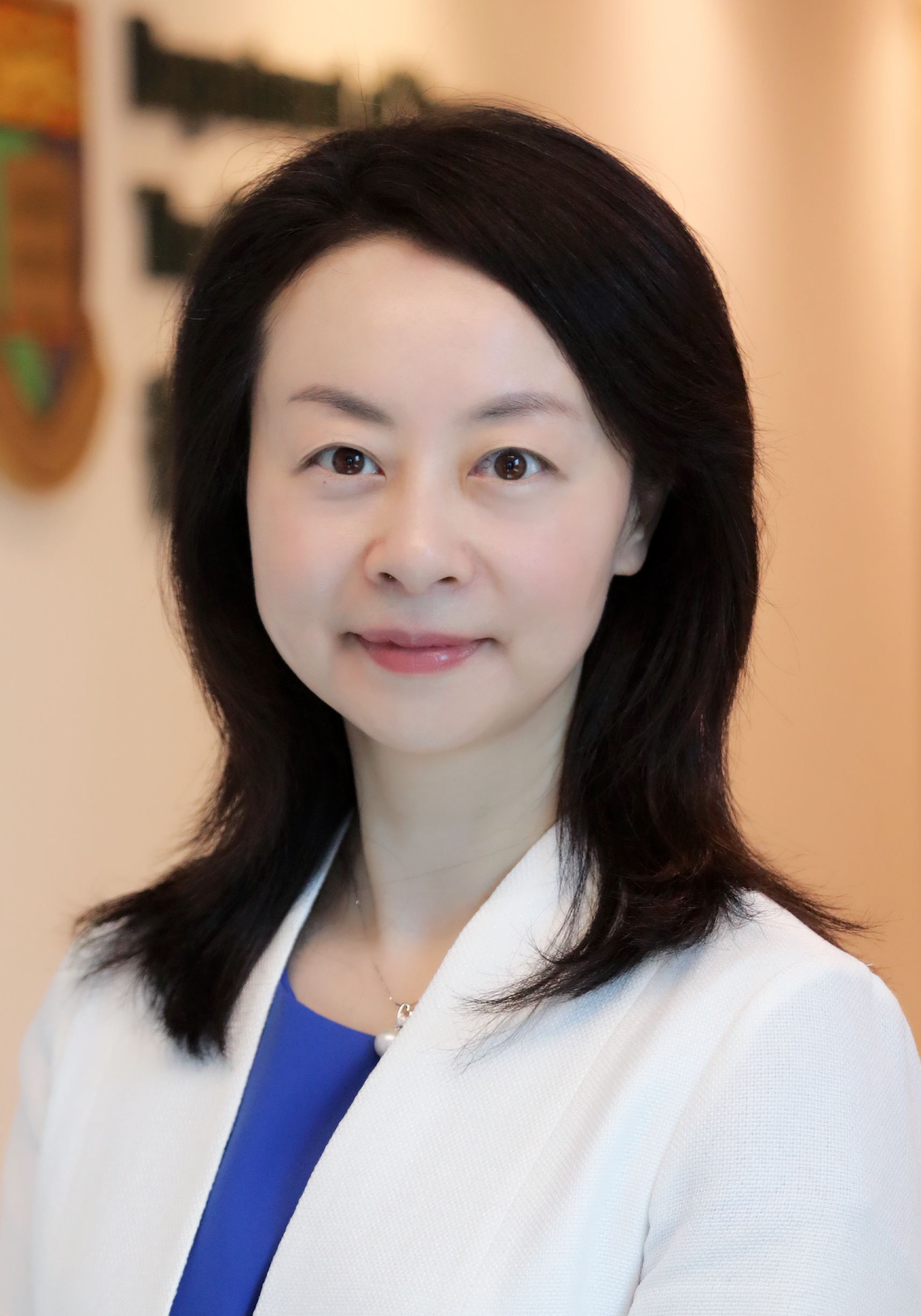
|
Machine learning model for outcome prediction Nancy Kwan Man, Hong Kong |
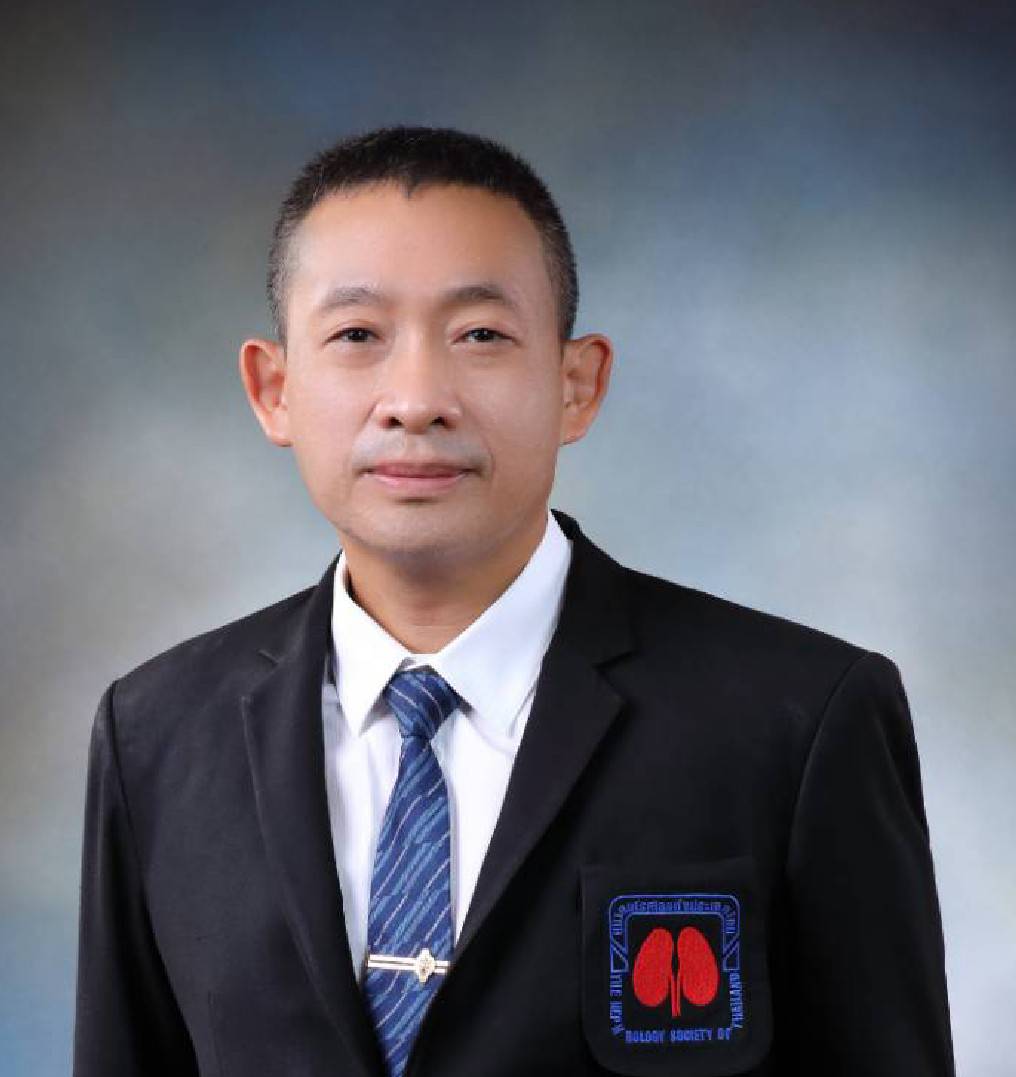
|
Developing transplant registries in LMIC and MIC Adisorn Lumpaopong, Thailand |
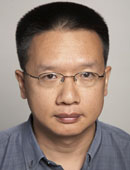
|
Application of AI in transplant pathology Weijia Zhang, United States |
| 15:40 - 16:40 | Thematic Session: Uterus-transplantation: Where are we now |
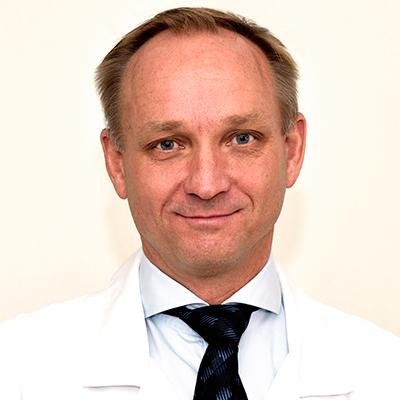
|
10 years after the first successful uterus transplant: How will the teenage years look? Mats Brannstrom, Sweden |
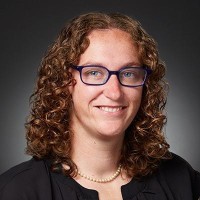
|
Ethical guardrails in uterus transplantation Anji Wall, United States |
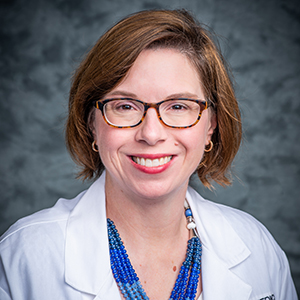
|
Uterus-specific aspects of alloimmunity and immunosuppression Paige Porrett, United States |
| 15:40 - 16:40 | Thematic Session: Clinical trials design and end-points in transplantation |
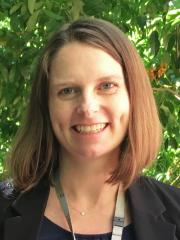
|
Innovative trial design in transplantation Andrea Viecelli, Australia |
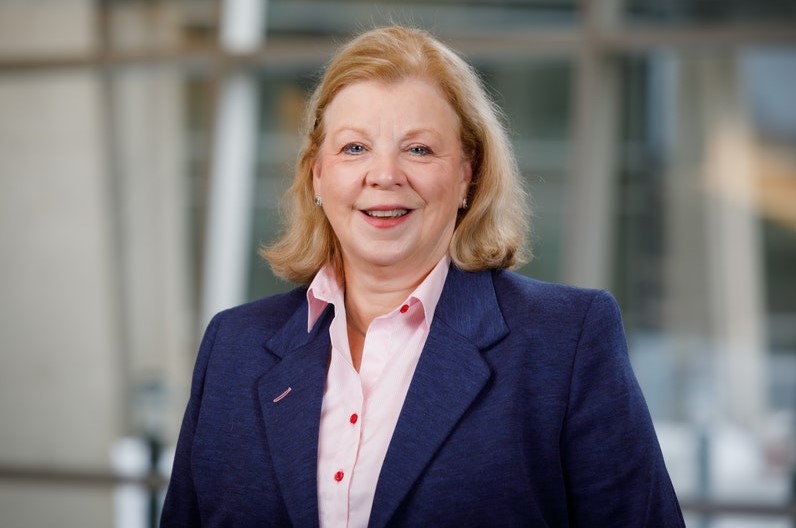
|
Trials in immunosuppression/Long term in kidney transplantation Roslyn B. Mannon, United States |
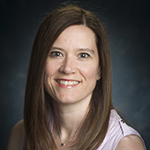
|
The Parsons Model - ethical implications of research involving those determined dead by neurological criteria Jayme Locke, United States |
| 15:40 - 16:40 | Thematic Session: Organ utilization - do we need to challenge each other to do better? |
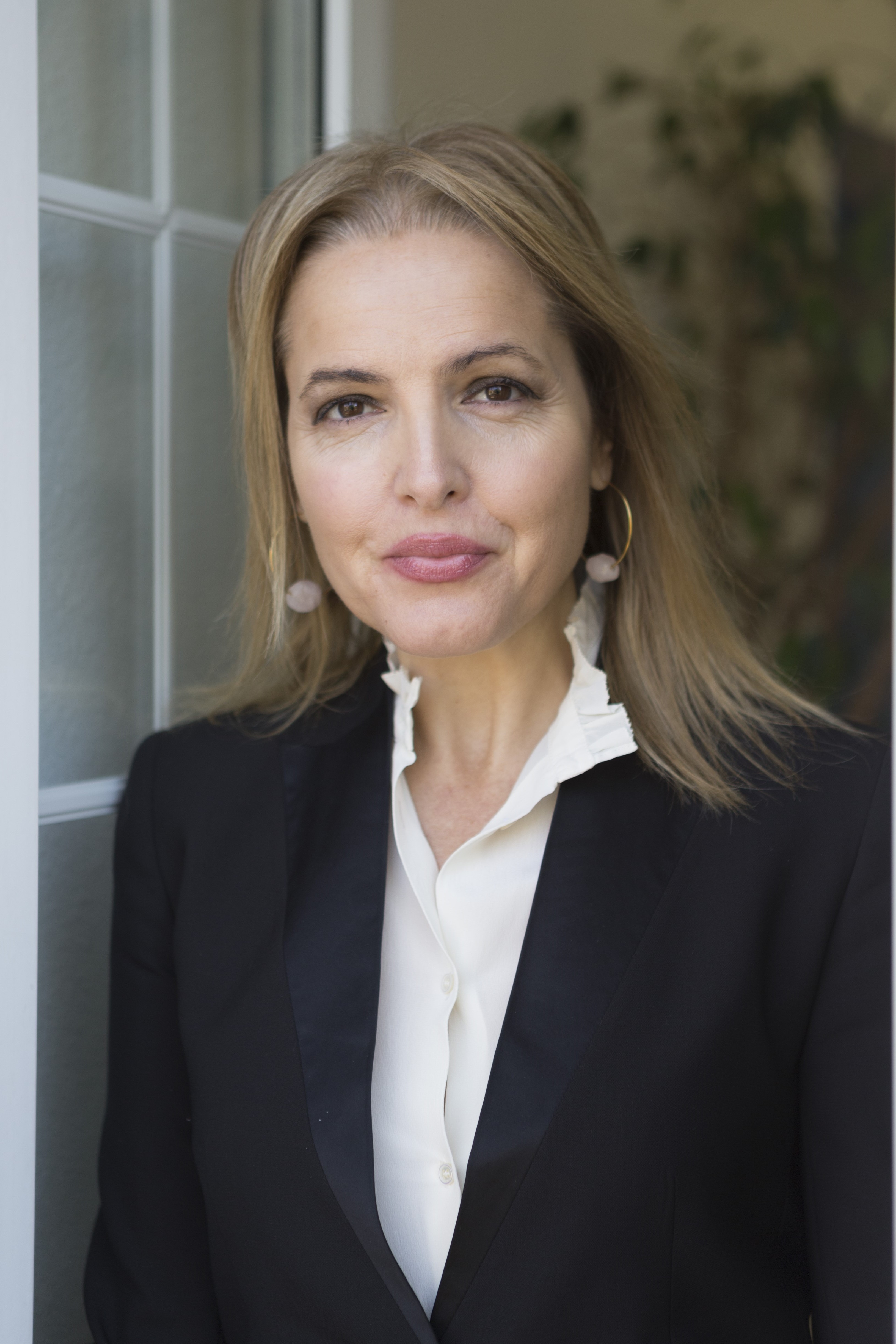
|
Reducing the risk of donor transmitted disease Beatriz Dominguez-Gil, Spain |
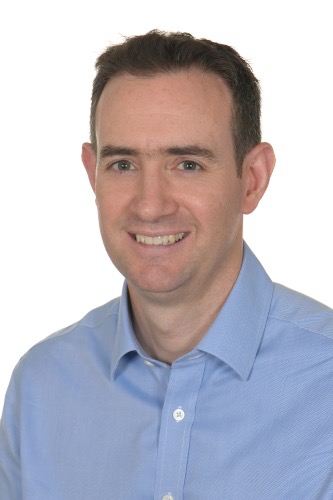
|
The promise of equity in a deceased donor allocation system Chris Callaghan, United Kingdom |
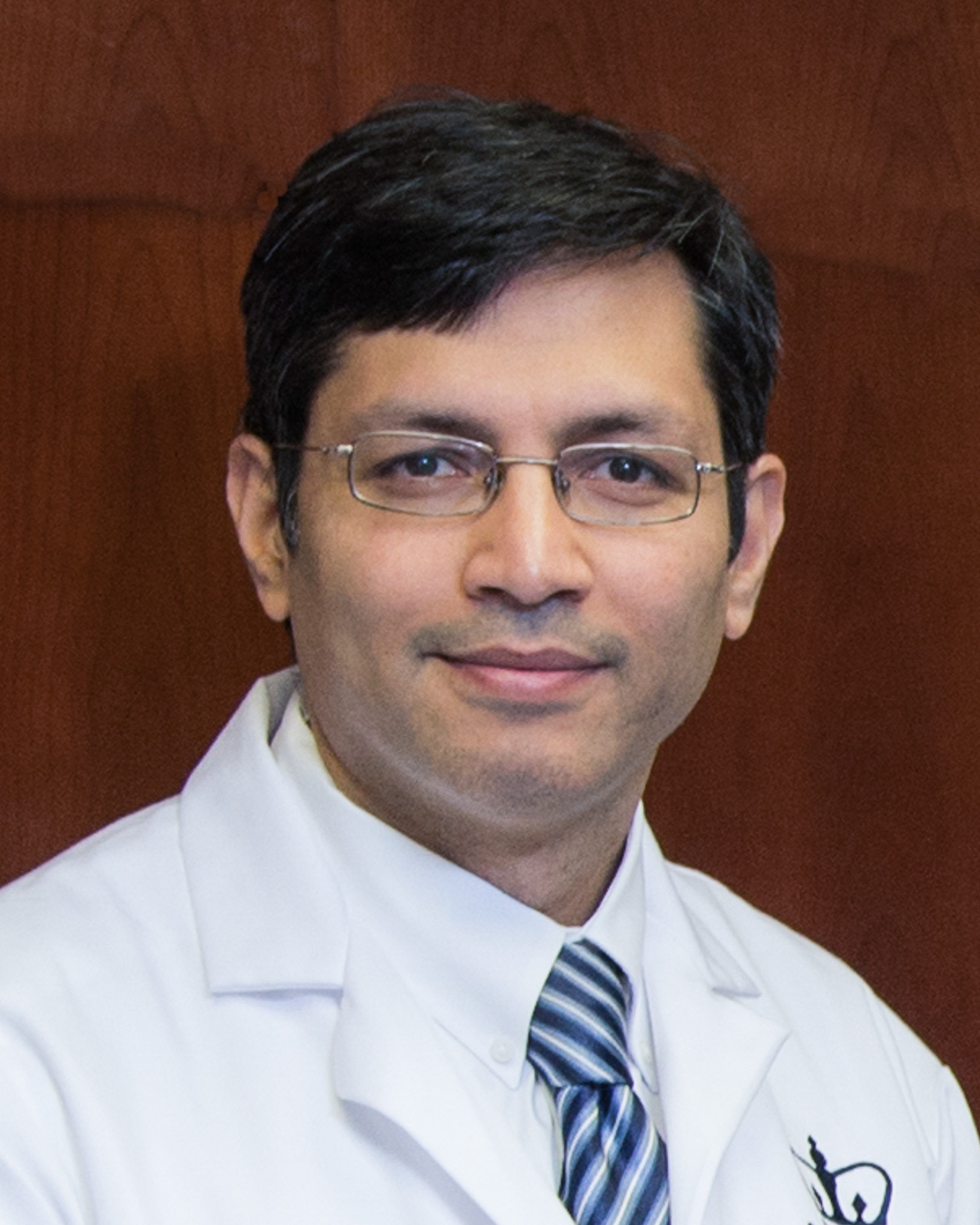
|
Strategies to improve non-utilisation rates of deceased donors Sumit Mohan, United States |
| 15:40 - 16:40 | Thematic Session: Life participation and living well after transplantation |

|
Prehabilitation into transplant and beyond Marieke Vandecruys, Belgium |
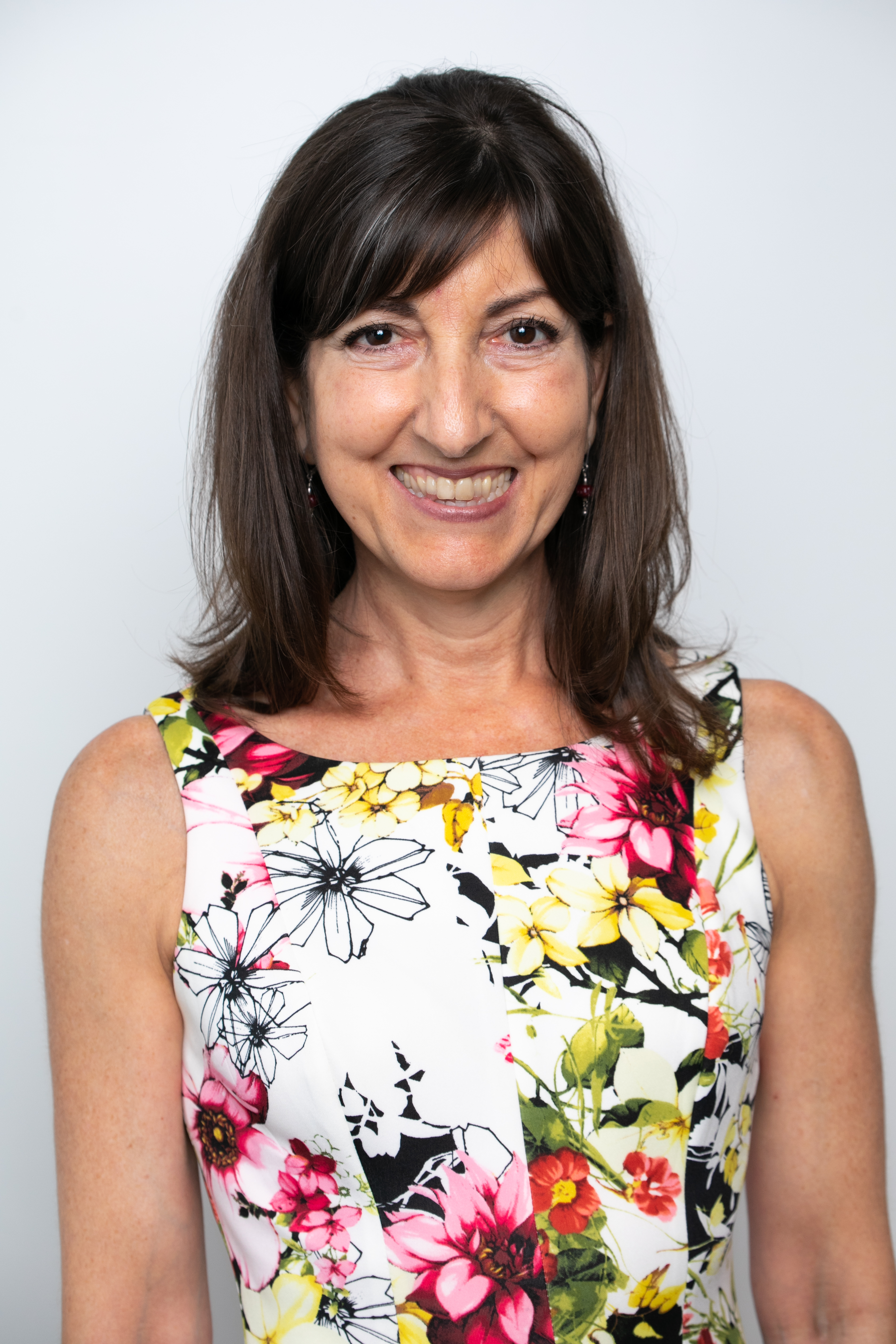
|
Work, life, and sex after transplantation Louise Lerminiaux, Costa Rica |
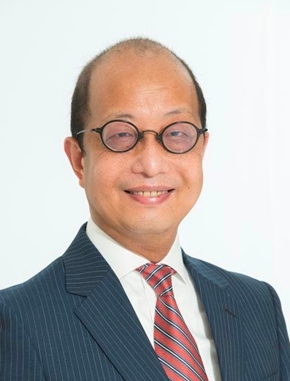
|
Living well after transplantation Bill Wang, Hong Kong |
| 15:40 - 16:40 | Thematic Session: Pancreas and islet |
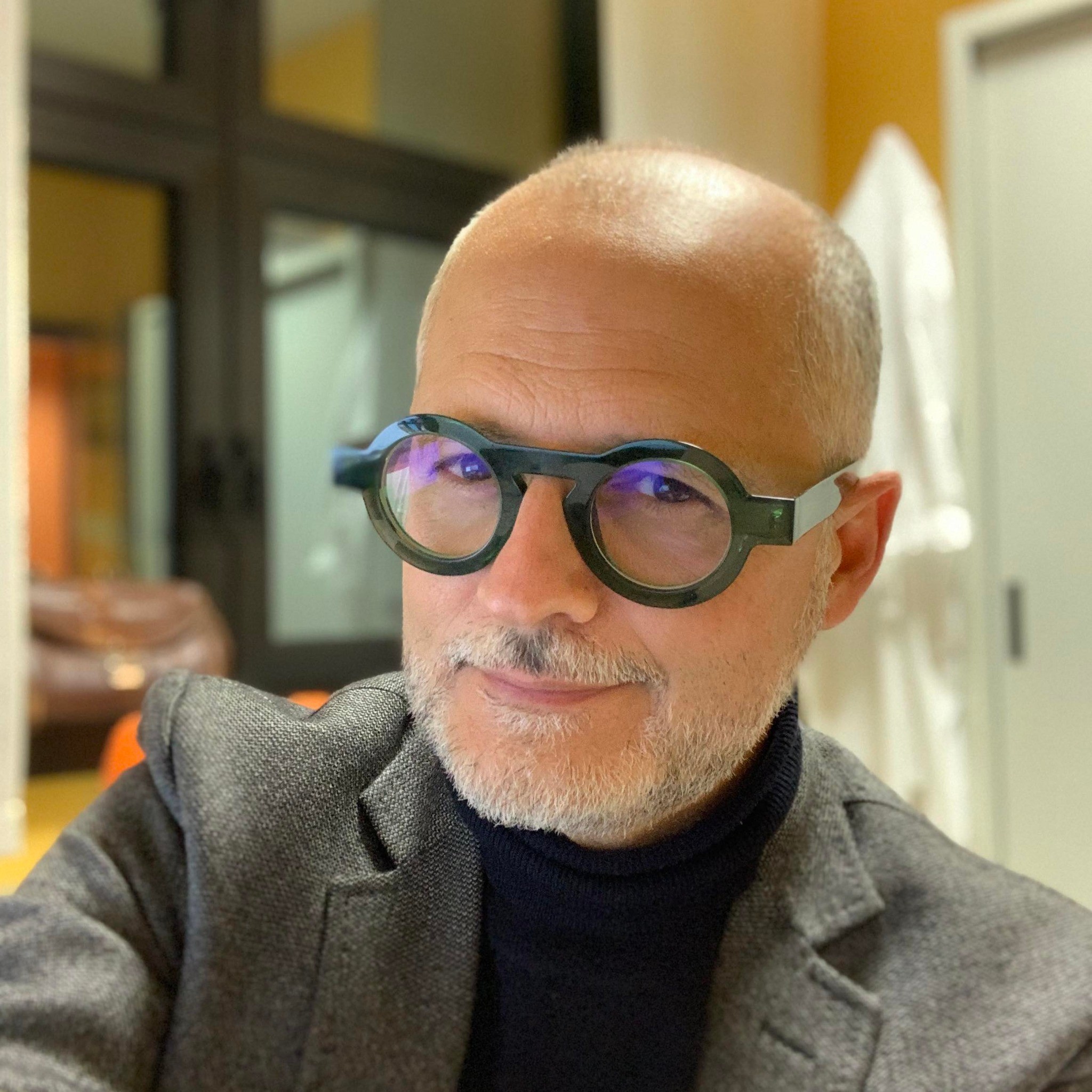
|
Deciphering the immunological enigma of allo-beta cell transplantation: Addressing unresolved questions and embracing the frontiers of knowledge Lorenzo Piemonti, Italy |
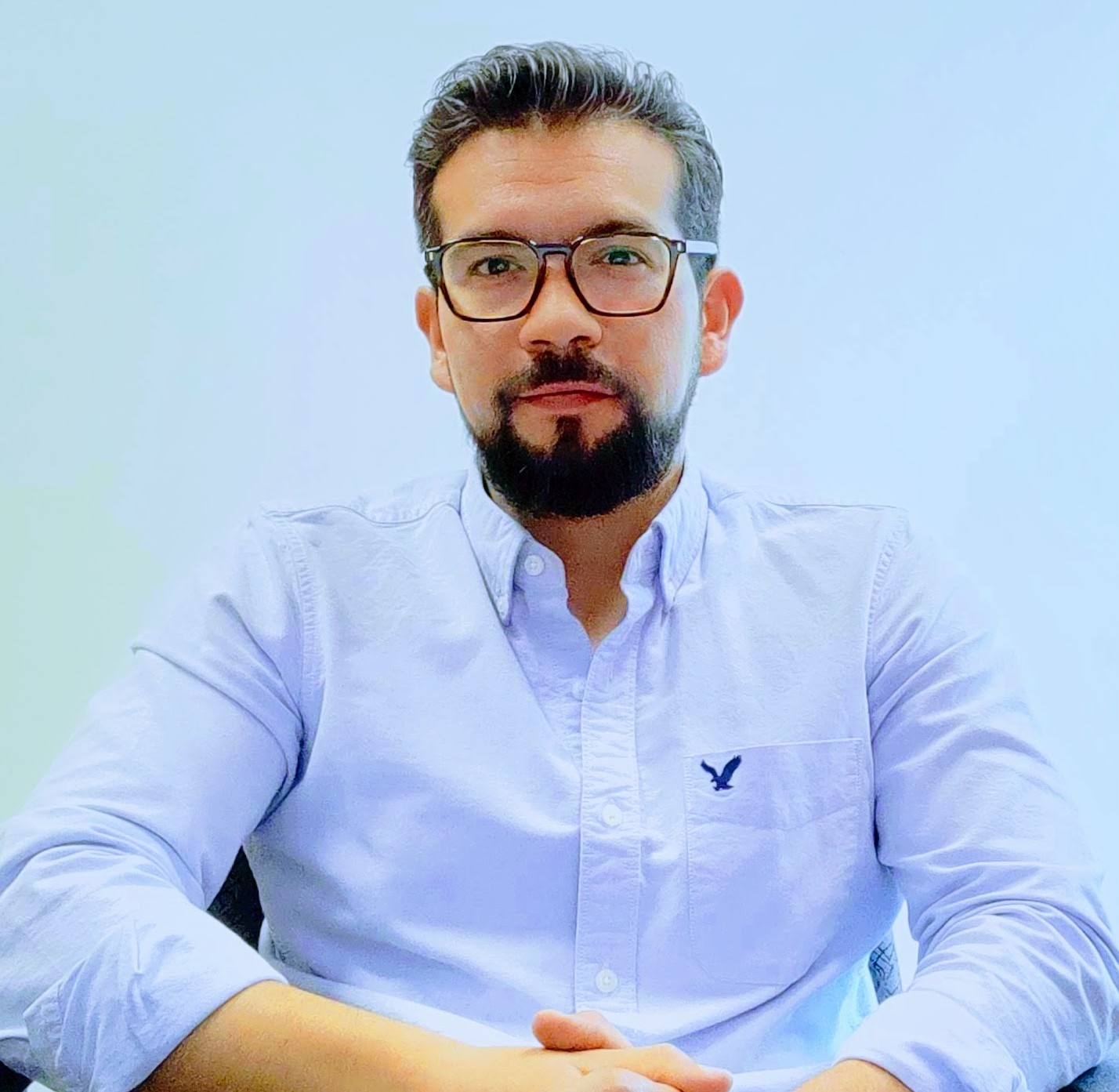
|
Beta cell replacement (whole pancreas, islet and cell transplantation) within the treatment landscape of type 1 diabetes Braulio Alejandro Marfil-Garza, Mexico |
Tue Sep 24
| 15:40 - 16:40 | Thematic Session: Advances in antibody assessment |
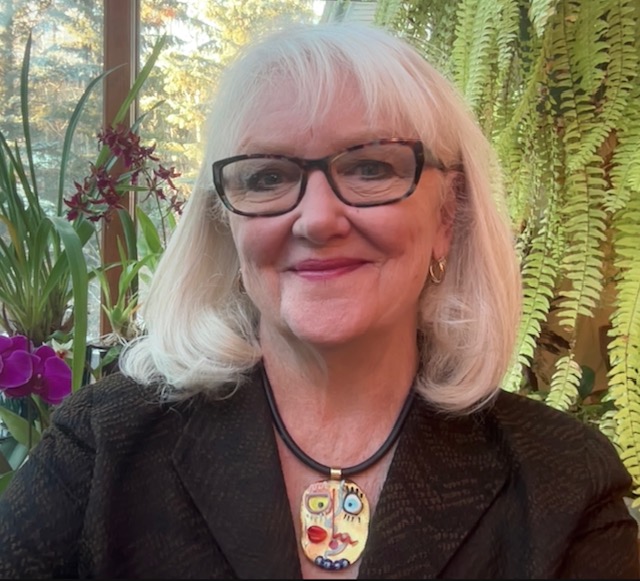
|
ABO antibodies - future perspectives Lori J. West, Canada |
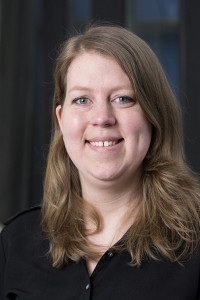
|
Advances in AB detection: From Luminex to Eplets and more Cynthia Kramer, Netherlands |
| 15:40 - 16:40 | Thematic Session: Equity and access to transplantation |
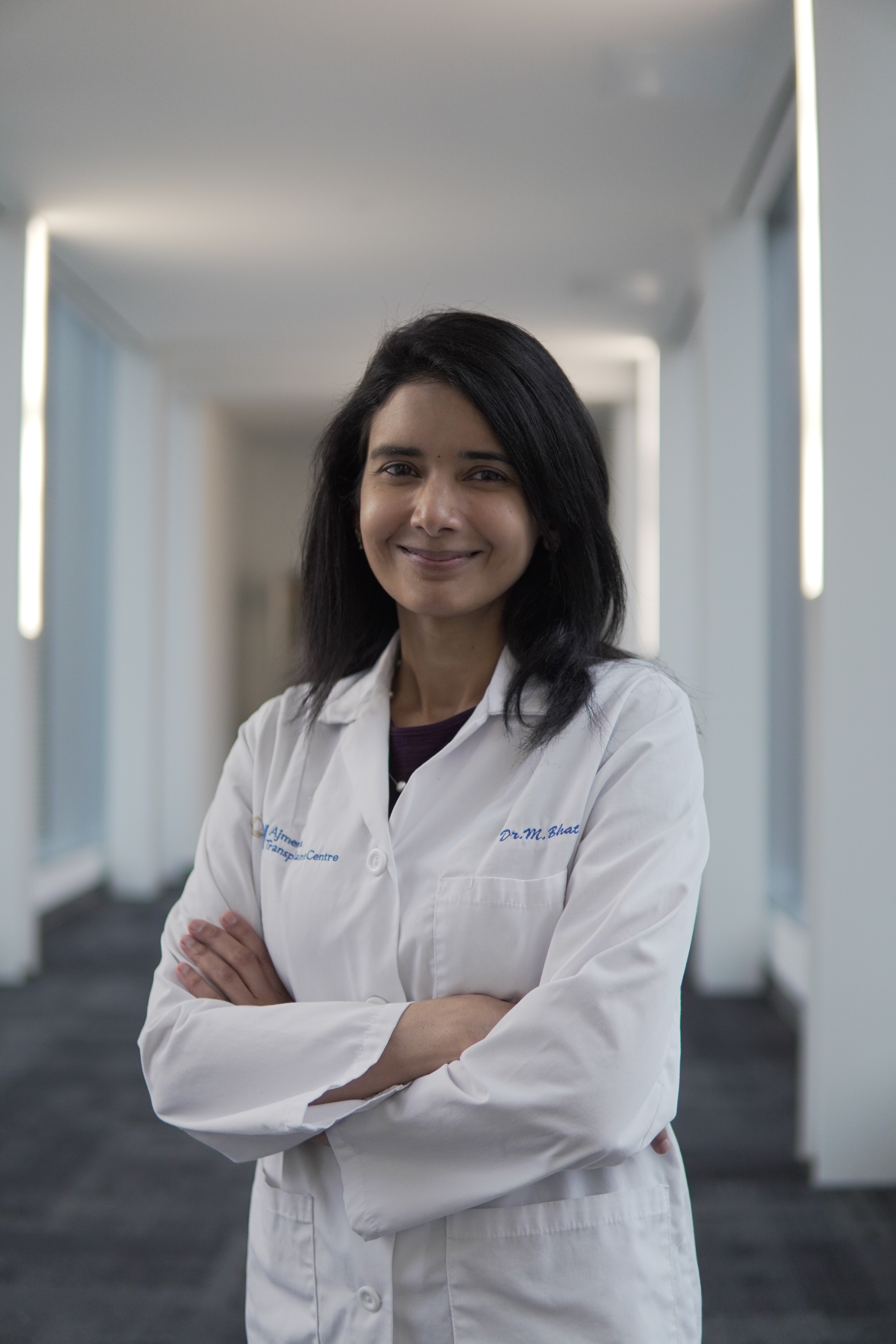
|
Risks to equity in organ allocation introduced by AI Mamatha Bhat, Canada |
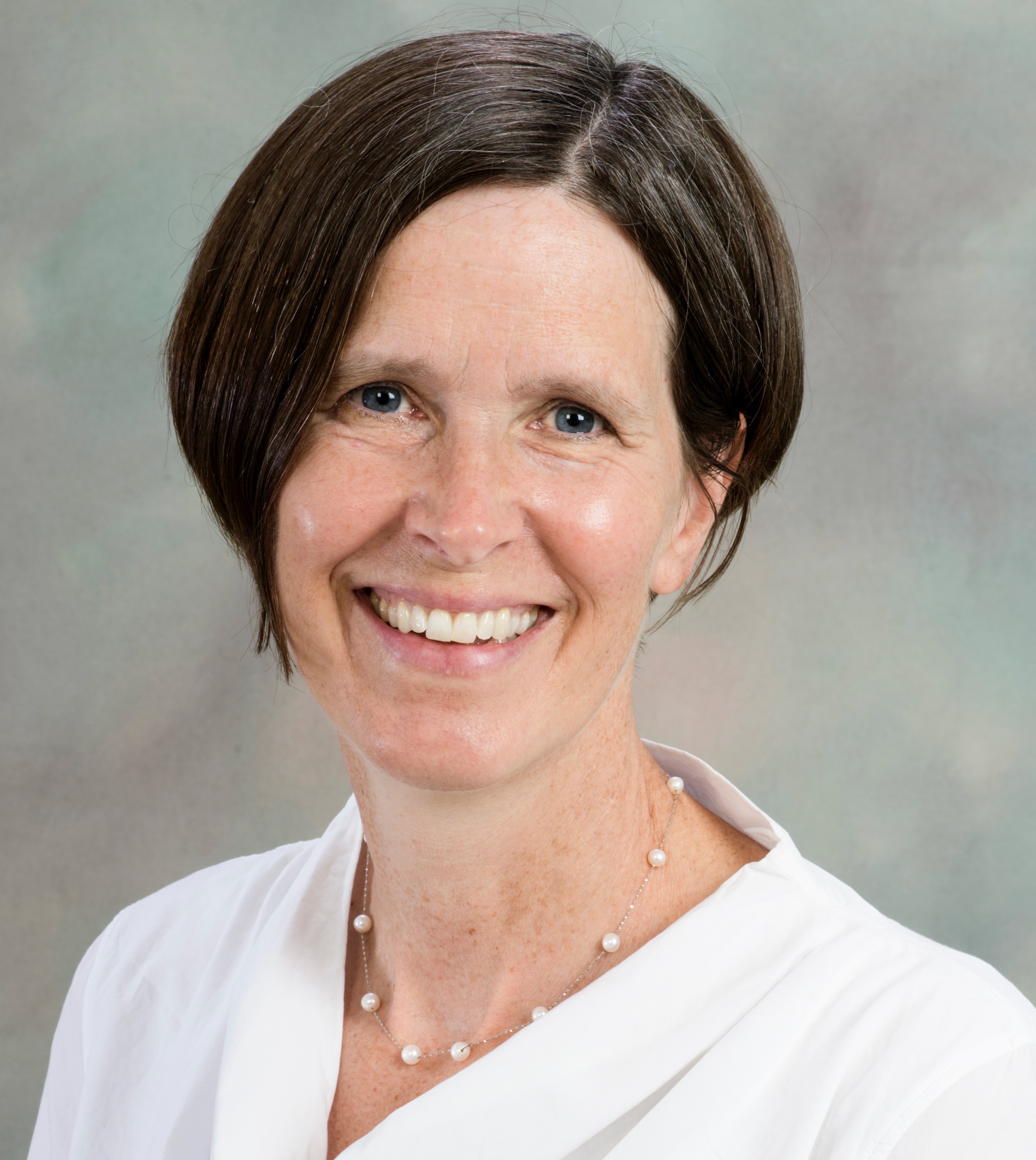
|
Sex and gender disparities in transplantation access Bethany Foster, Canada |

|
Disparity in access to solid organ transplantation Lungiswa Mtingi-Nkonzombi, South Africa |
| 15:40 - 16:40 | Thematic Session: Reproductive care - General |
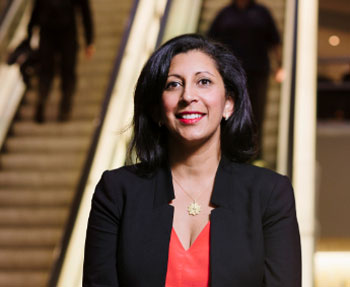
|
Reproductive planning - why & how Shilpanjali Jesudason, Australia |
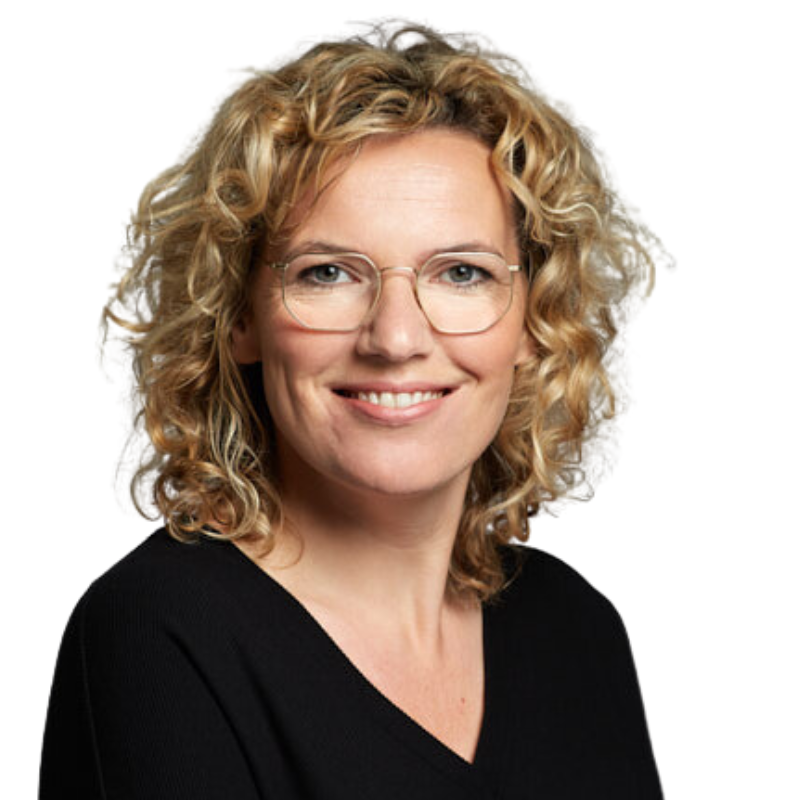
|
Impact of pregnancy on graft function in kidney Tx Marleen van Buren, Netherlands |
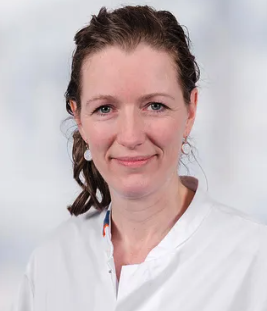
|
Gestational outcomes for transplant recipients: A focus on fetal health Margriet FC de Jong, Netherlands |
| 15:40 - 16:40 | Thematic Session: Cellular therapies |

|
Adoptive t-cell therapy for infections Patrizia Comoli, Italy |
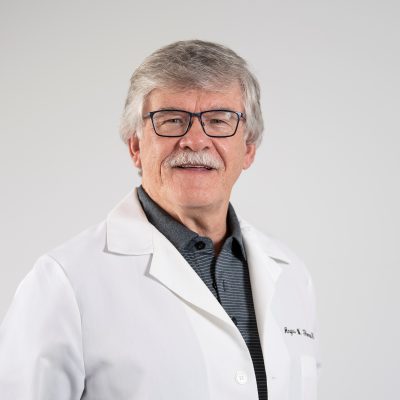
|
Dendritic cells - insights from clinical trials Angus W Thomson, United States |
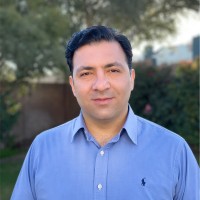
|
CAR-Treg optimization Mohsen Khosravi-Maharlooei, United States |
| 15:40 - 16:40 | Thematic Session: Organ perfusion and preservation |
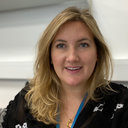
|
Novel delivery of cellular therapy to reduce ischemia reperfusion injury in kidney transplantation Emily R. Thompson, United Kingdom |
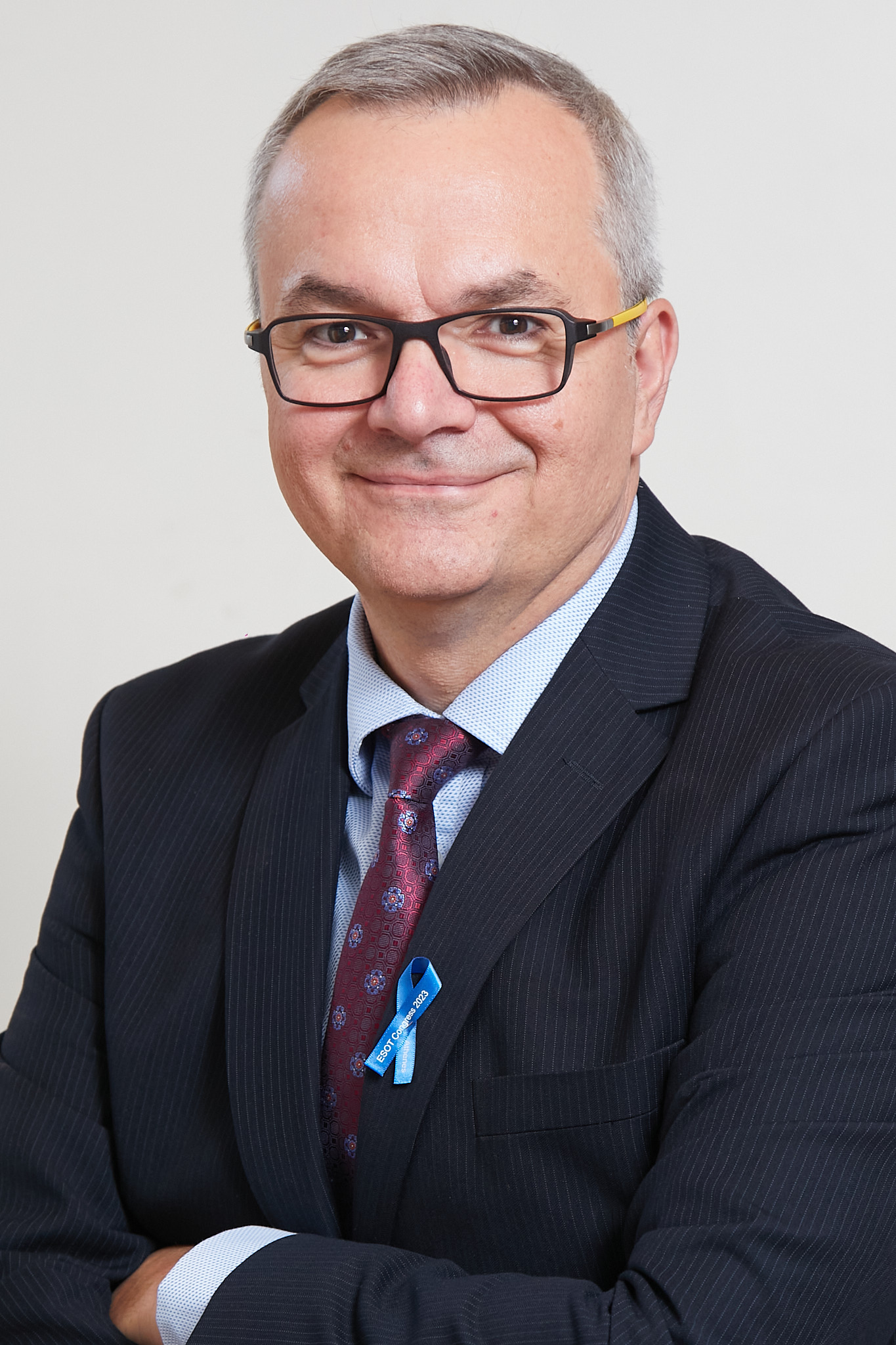
|
Ex-situ machine perfusion (heart, liver, kidney) (standard, oxygenated, hypothermic, normothermic) Gabriel Oniscu, Sweden |
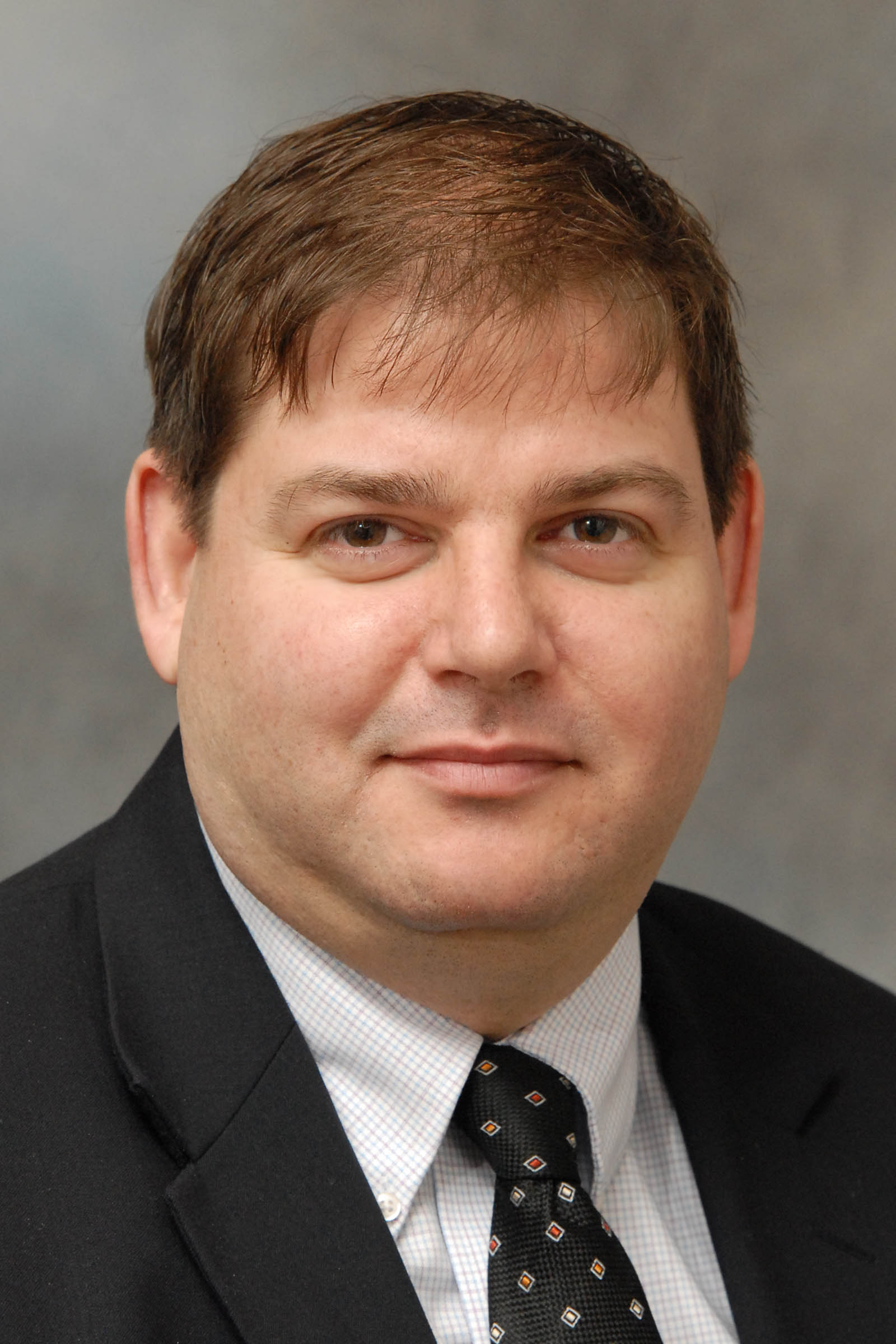
|
Cryopreservation Erik Finger, United States |
| 15:40 - 16:40 | Thematic Session: Dealing with post-transplant complications |
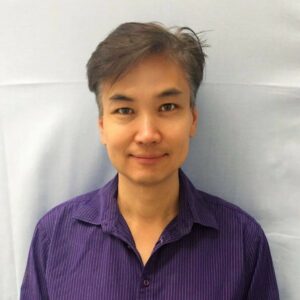
|
Managing post-transplant metabolic disease Wai Lim, Australia |
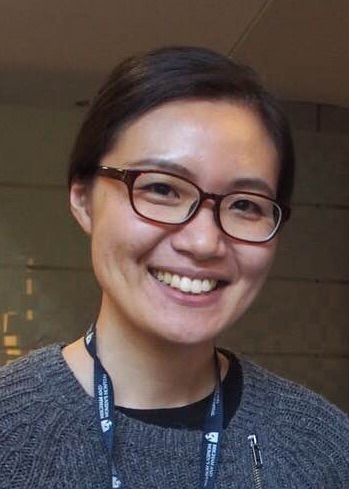
|
De novo malignancy post-transplant Naoka Murakami, United States |
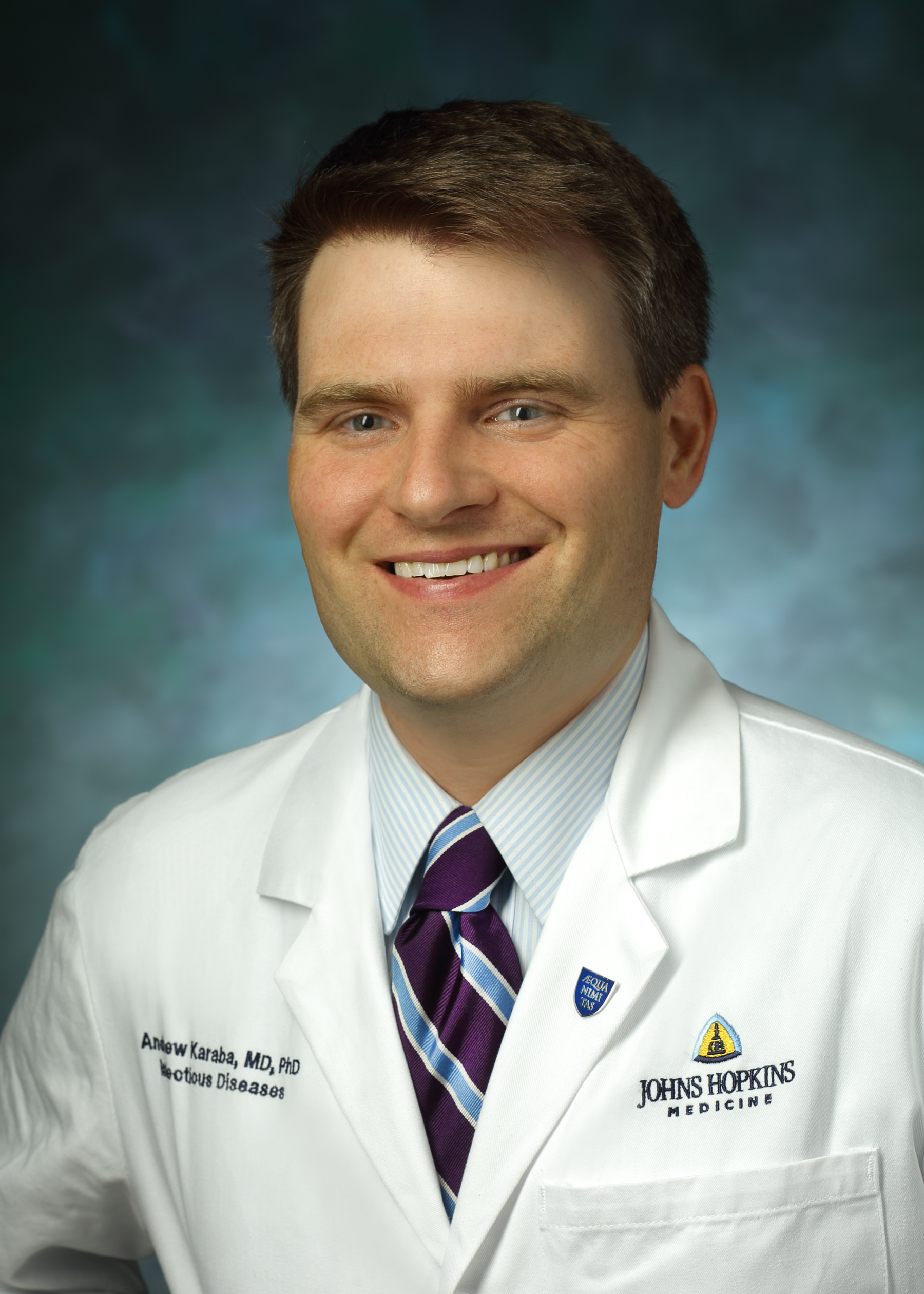
|
What's new in vaccines? Andrew Karaba, United States |
| 15:40 - 16:40 | Thematic Session: Kidney transplant surgery |
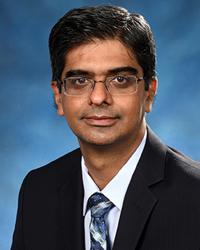
|
The best way to procure live donor kidneys: Robotic vs. laparoscopic donor nephrectomy Chandra Bhati, United States |
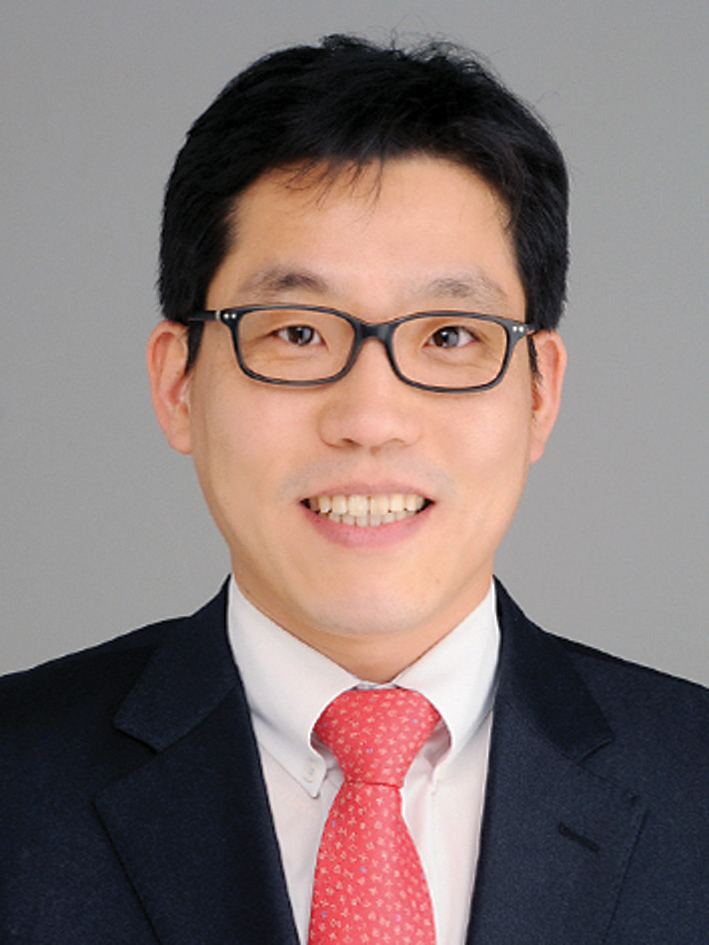
|
Robotic renal transplantation: State of the art Sangil Min, Korea |
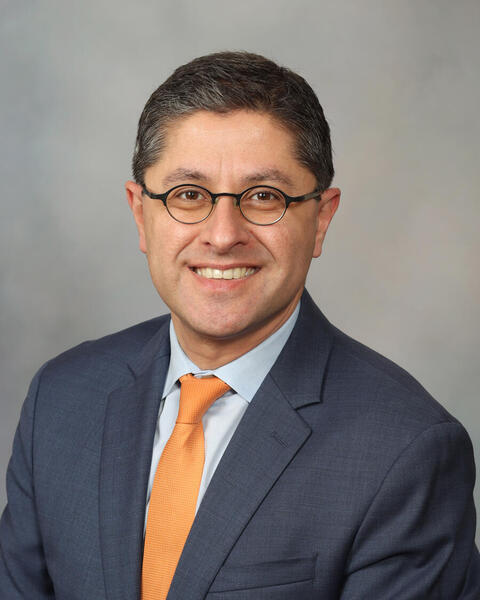
|
Robotic renal transplantation: A niche approach for selected patients or the future surgical approach for all? Timucin Taner, United States |
Wed Sep 25
| 15:25 - 16:25 | Thematic Session: Surfing the big data wave |
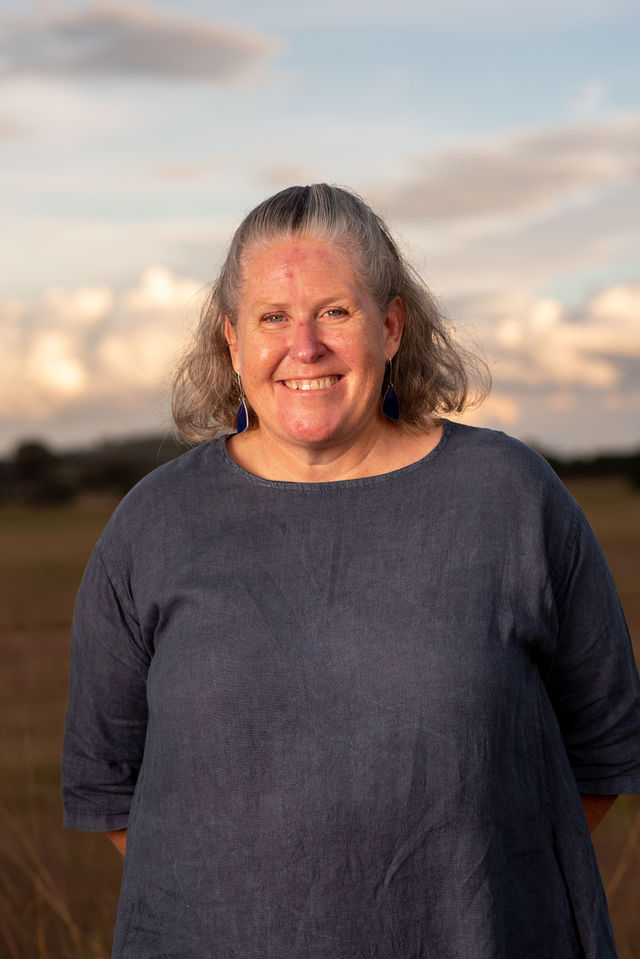
|
Patient centred outcomes measures Nicole J Scholes-Robertson, Australia |
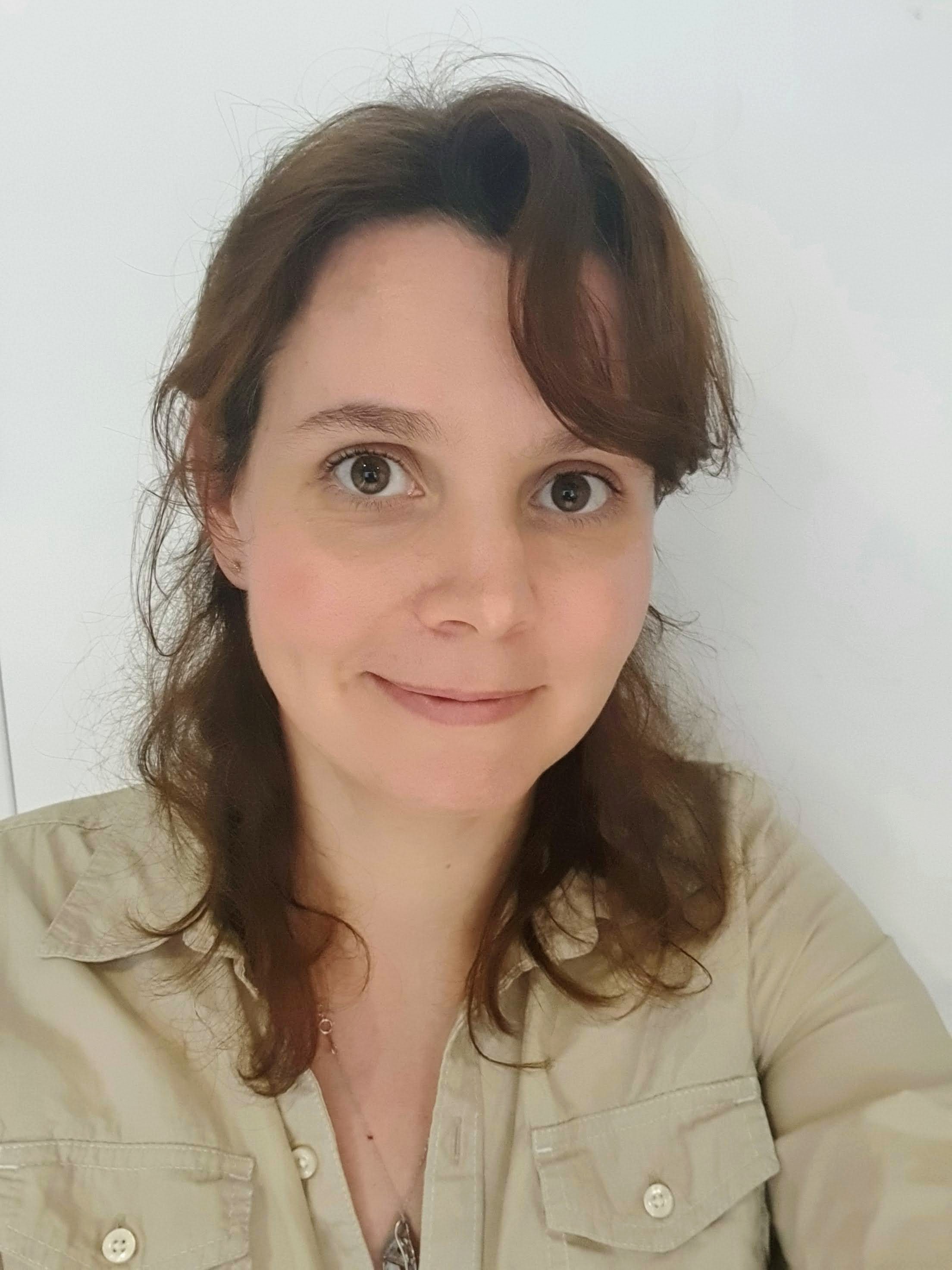
|
Genomics strategies to redefine histocompatibility and risk stratification Sophie Limou, France |
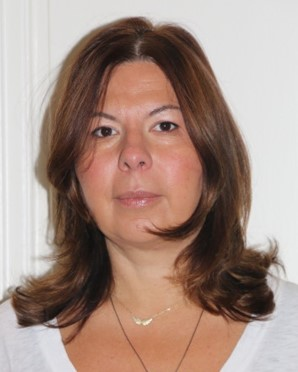
|
Is AI better than human in predicting post-transplant outcomes? Carmen Lefaucheur, France |
| 15:25 - 16:25 | Thematic Session: Regenerative medicine |
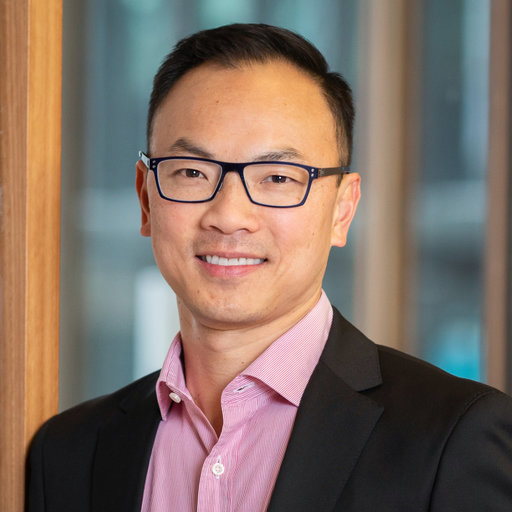
|
Regenerative medicine in cardiology James Chong, Australia |
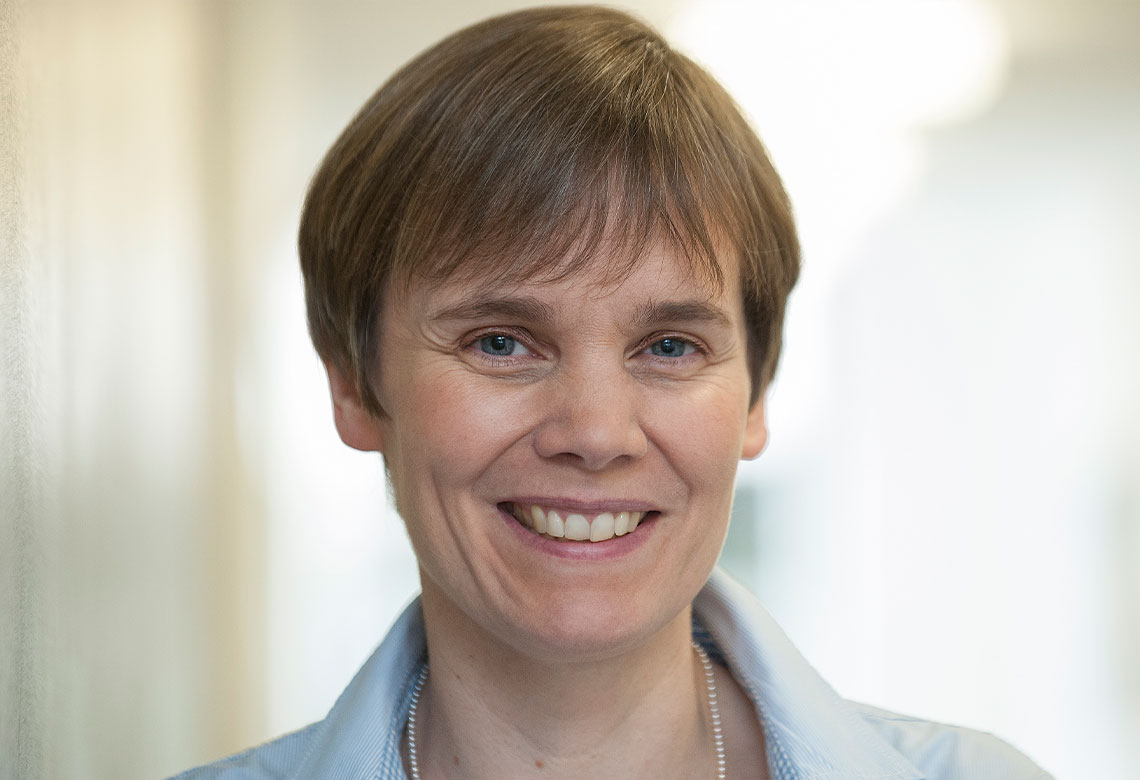
|
Overcoming senescence to improve transplant outcome Anette Melk, Germany |
| 15:25 - 16:25 | Thematic Session: Patient-centered care |
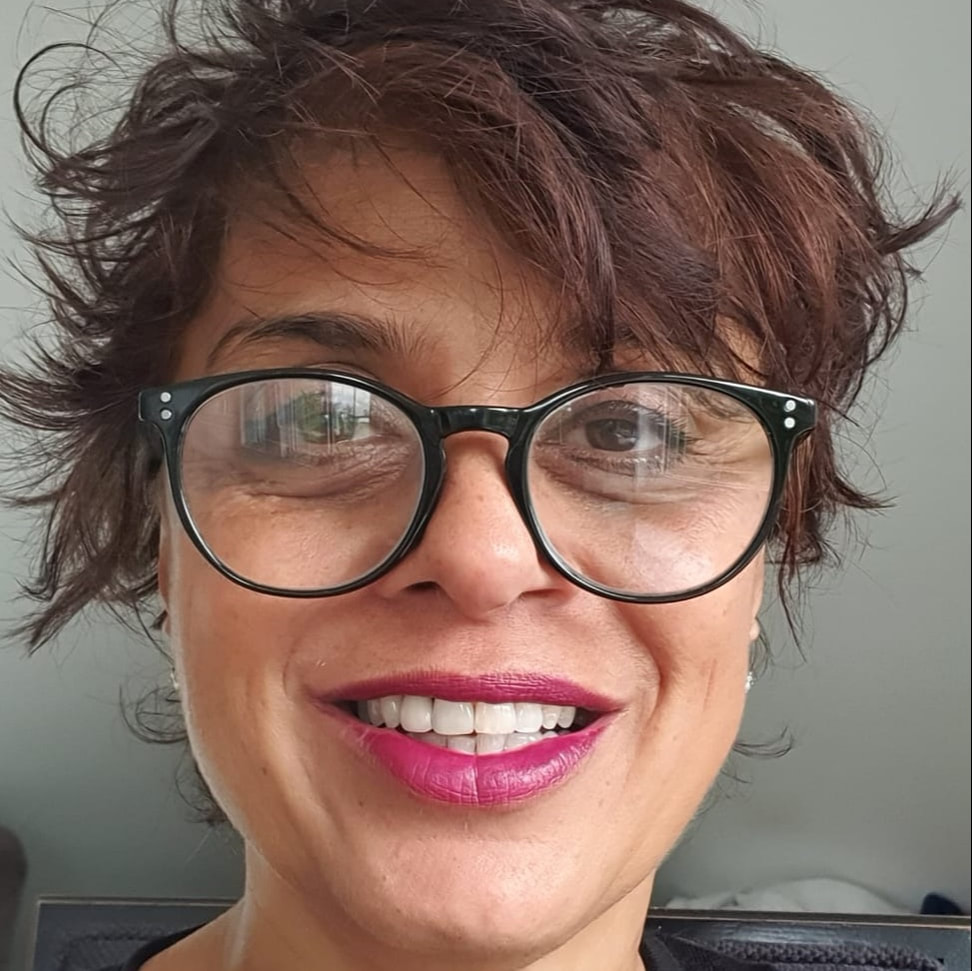
|
Ready-Steady-Go/A blueprint for health care transition in Europe? Arvind Nagra, United Kingdom |
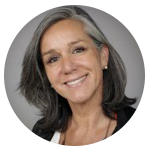
|
The therapy in wellness, movement and community Liz Schick, United Kingdom |
| 15:25 - 16:25 | Thematic Session: Normothermic regional perfusion (A-NRP and TA-NRP) |
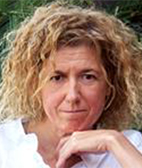
|
The surgical approach - the Spanish perspective Alicia Pérez, Spain |
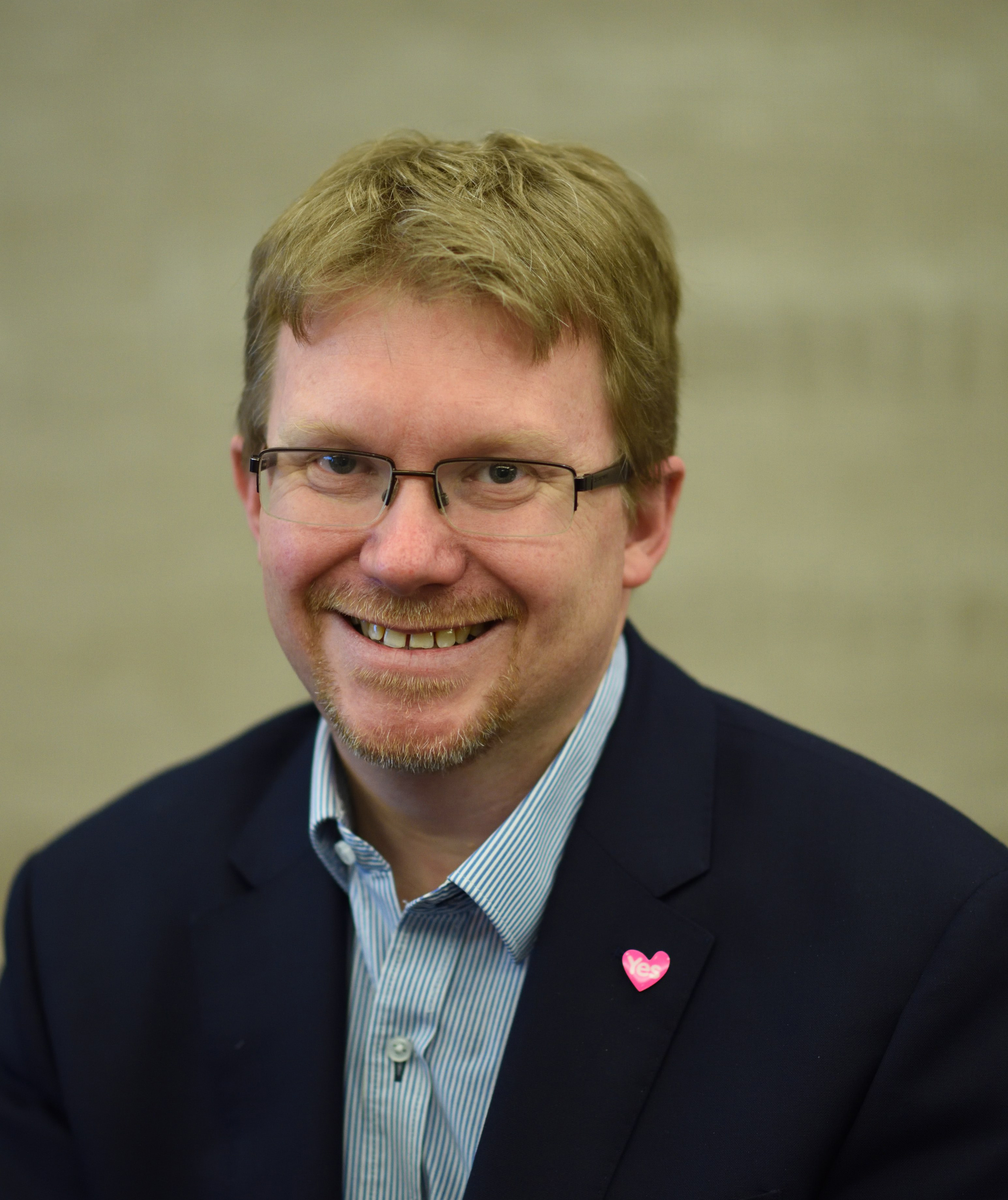
|
Implications of NRP and especially TA-NRP for death determination Dale Gardiner, United Kingdom |

|
The surgical approach - the US perspective Anji Wall, United States |
| 15:25 - 16:25 | Thematic Session: Infection complications in transplantation |
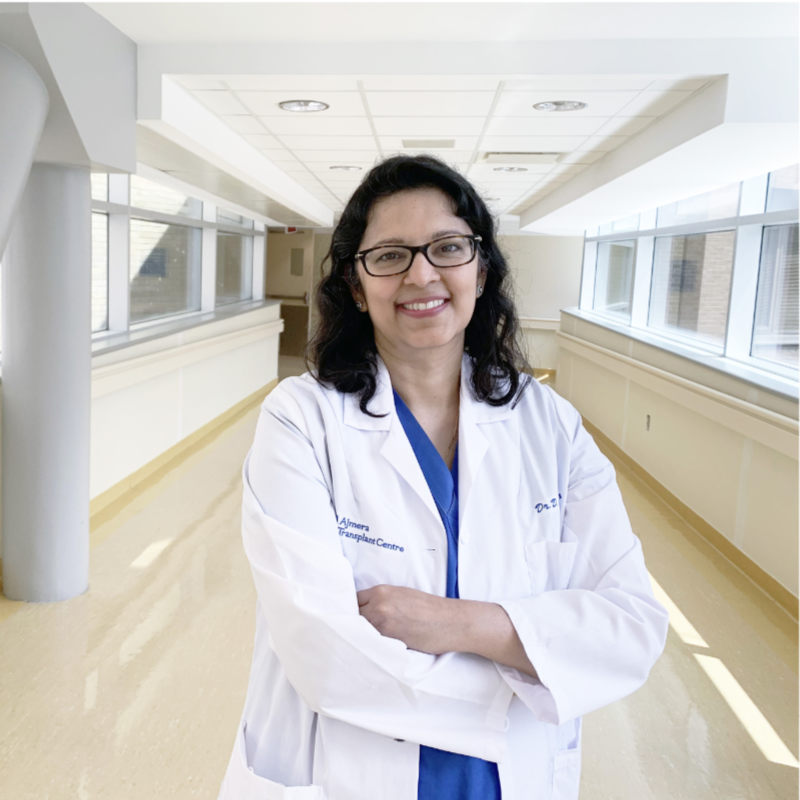
|
Recurrent UTI in solid organ transplant recipient Deepali Kumar, Canada |
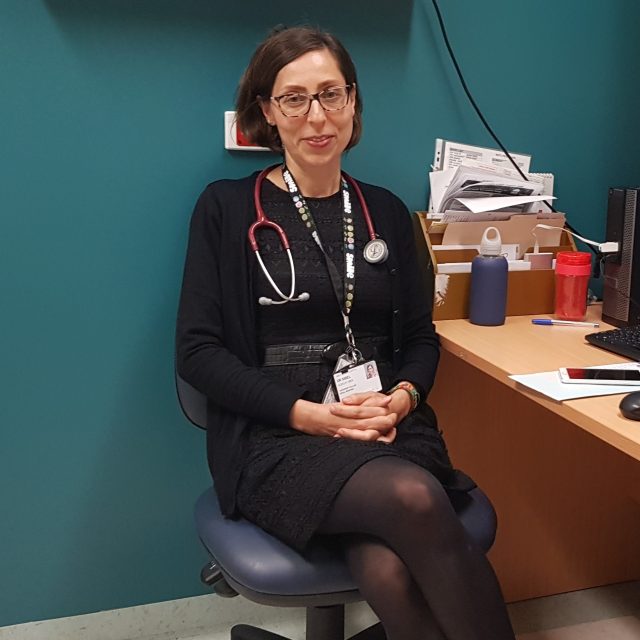
|
COVID-19 infections and impact on transplant outcomes in the Middle-East Sibel G. Gocay Bek, Turkey |

|
Climate change and Infection - how it affects transplantation Ilan Schwartz, United States |
| 15:25 - 16:25 | Thematic Session: Minimally invasive recipient surgery: The future is here (Liver) |
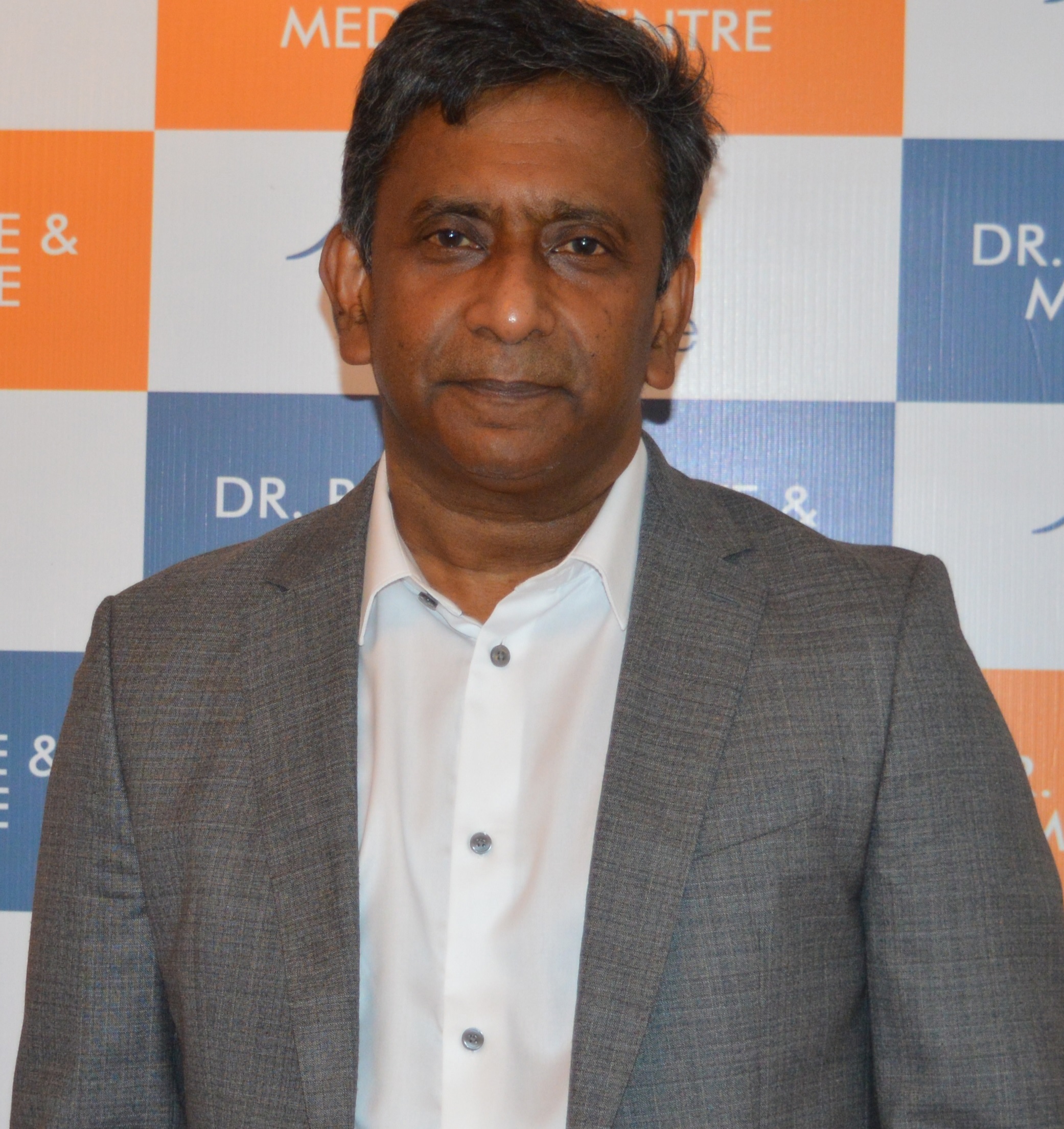
|
Which is better for graft extraction/insertion? Upper midline incision vs, Pfannenstiel incision Mohamed Rela, India |
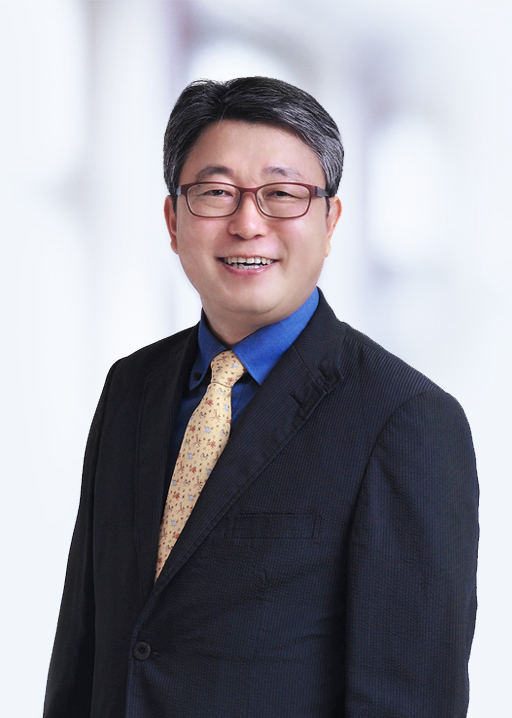
|
Which is better for graft explant and/or graft implantation? Laparoscopic vs. Robot Assisted Kwang-Woong Lee, Korea |
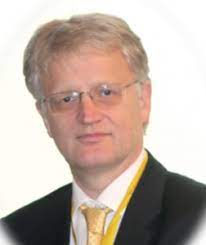
|
How far can we expand the indication of Robot-assisted LDLT? Dieter C. Broering, Saudi Arabia |
| 15:25 - 16:25 | Thematic Session: Xenotransplantation’s regulatory road to the clinic |
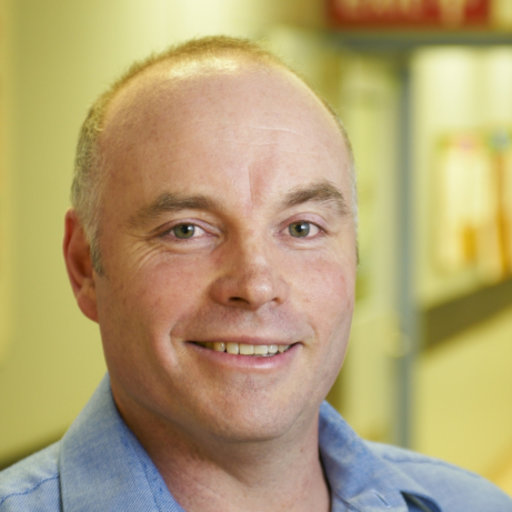
|
History of Xenotransplantation and moving to clinical practice Wayne Hawthorne, Australia |
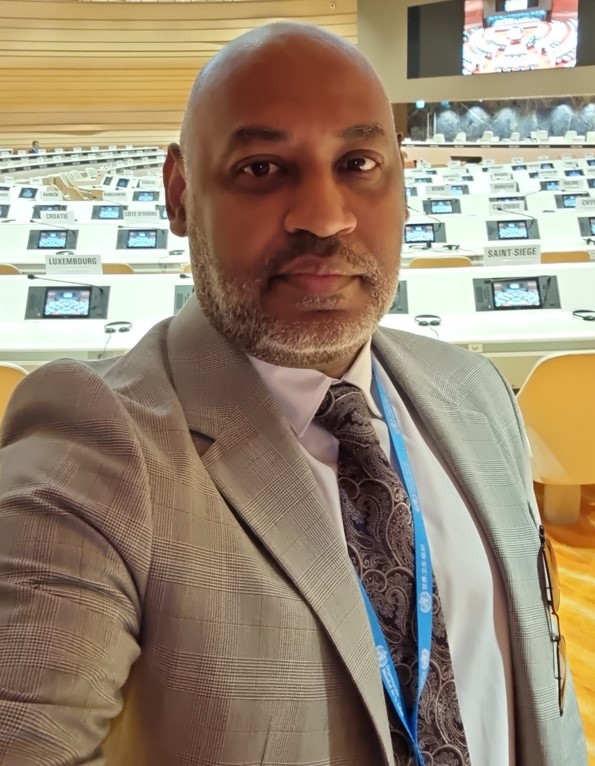
|
WHO leadership in developing global strategies for xenotransplantation Efstratios (Stratos) Chatzixiros, Switzerland |

|
Moving forward to ensure continuing registration of clinical Xenotransplantation Leo Hans Buhler, Switzerland |
Educational Workshop Speakers
Mon Sep 23
| 10:40 - 12:15 | Educational Workshop: Registries, databases and repositories for developing artificial intelligence in transplant care |
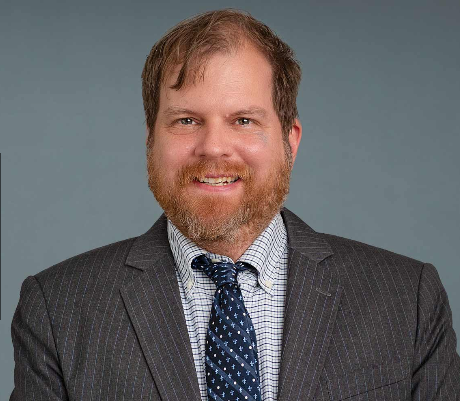
|
SRTR (Scientific Registry for Transplant Recipients) Allan B. Massie, United States |
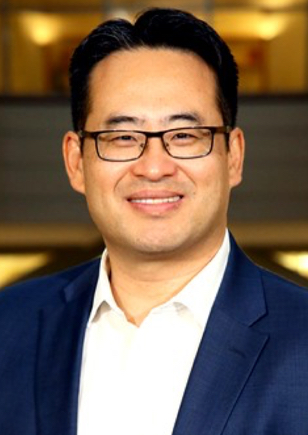
|
CORR (Canadian Organ Replacement Register) Sang Joseph Kim, Canada |
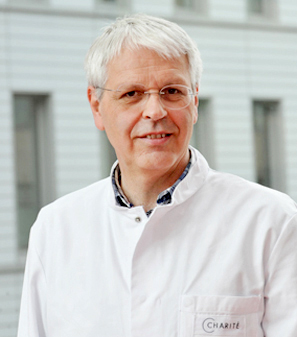
|
CTS (Collaborative Transplant Study) Klemens Budde, Germany |
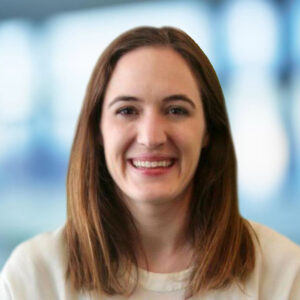
|
ANZDATA (Australia & New Zealand Dialysis & Tx Registry) Georgina Laura Irish, Australia |
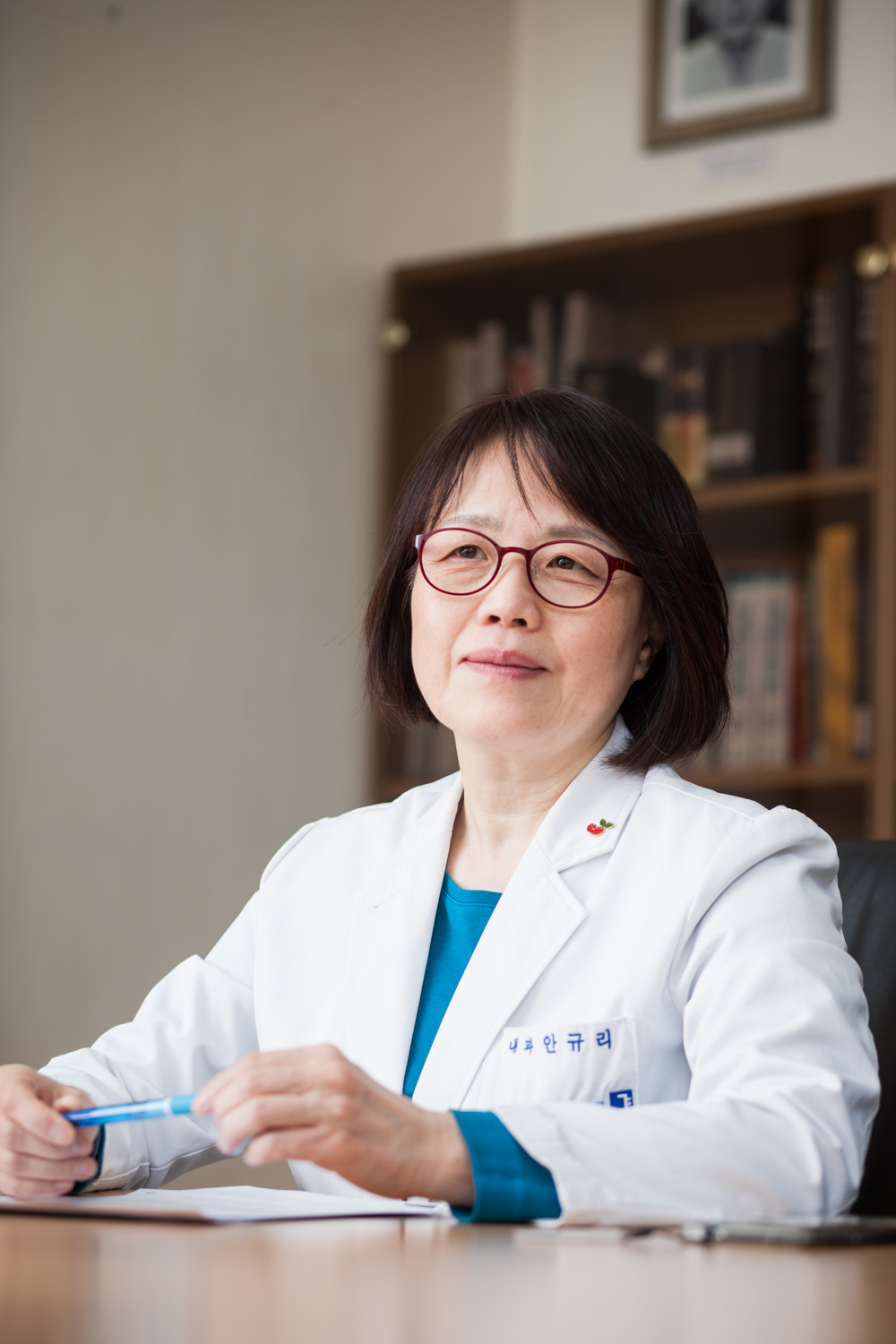
|
ASTREG (Asian Organ and Transplantation Registry) Curie Ahn, Korea |
| 13:40 - 15:10 | Educational Workshop: Transplanting the Highly Sensitised patient |
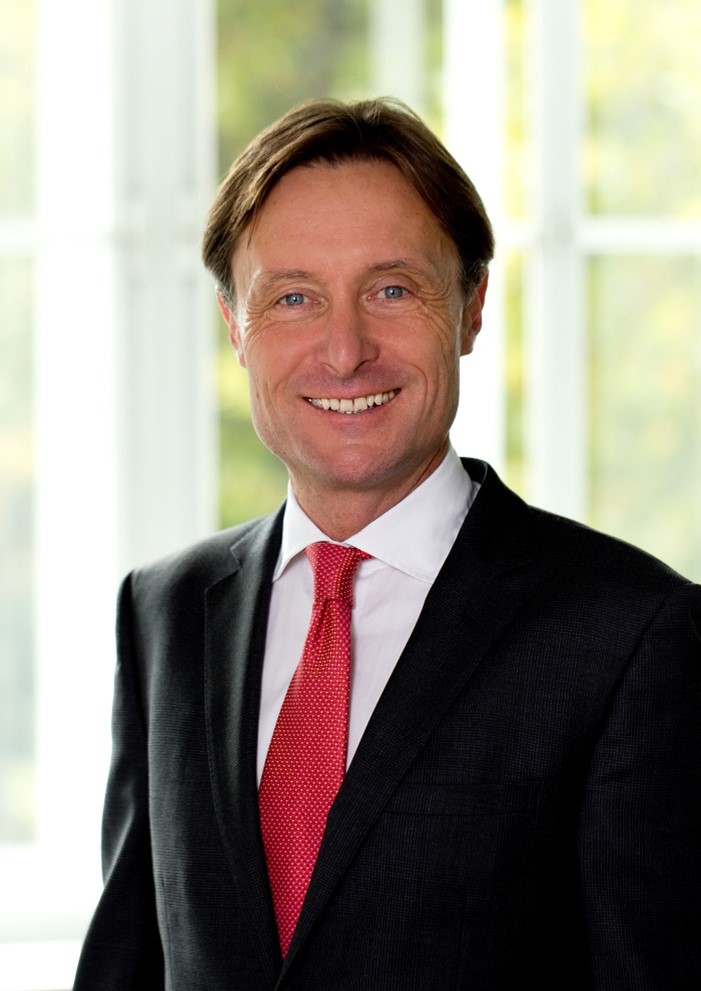
|
Role of more sensitive HLA matching: Eplet mismatching in HSP Rainer Oberbauer, Austria |
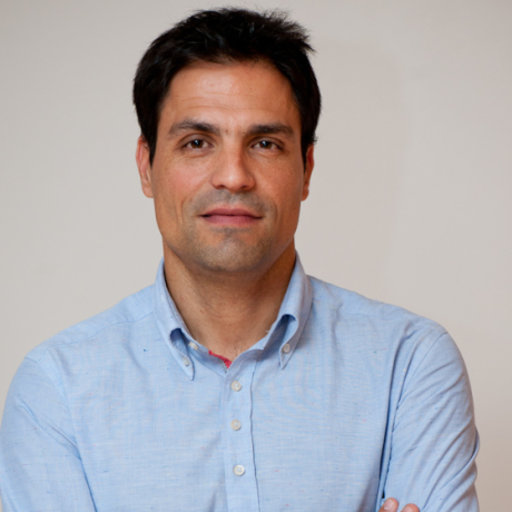
|
Defining highly sensitisation: defining immunological risk Oriol Bestard, Spain |

|
Case Discussion 2 Trijntje Rennie, United Kingdom |
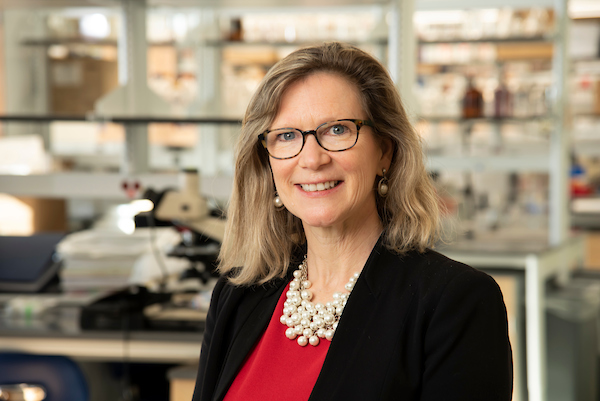
|
Delisting strategies to transplant HSP Annette M. Jackson, United States |
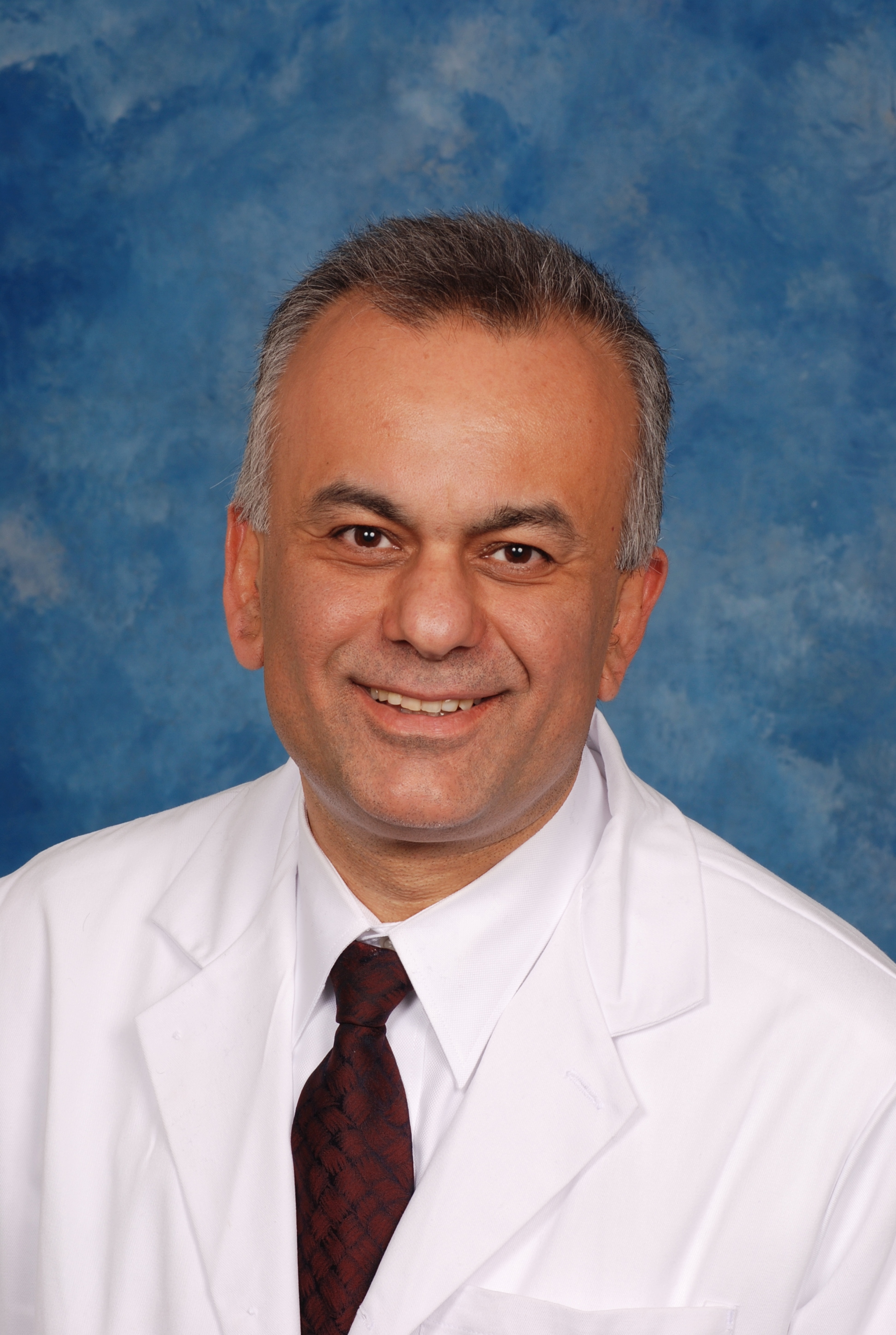
|
New pharmacological agents to treat AMR in HSP Enver Akalin, United States |
| 13:40 - 15:10 | Educational Workshop: Teaching the transplant teachers |

|
How to set up a train the trainer program Shilpanjali Jesudason, Australia |

|
Curriculum design for international courses Chloe Ballesté Delpierre, Spain |

|
Panelist Bill Wang, Hong Kong |
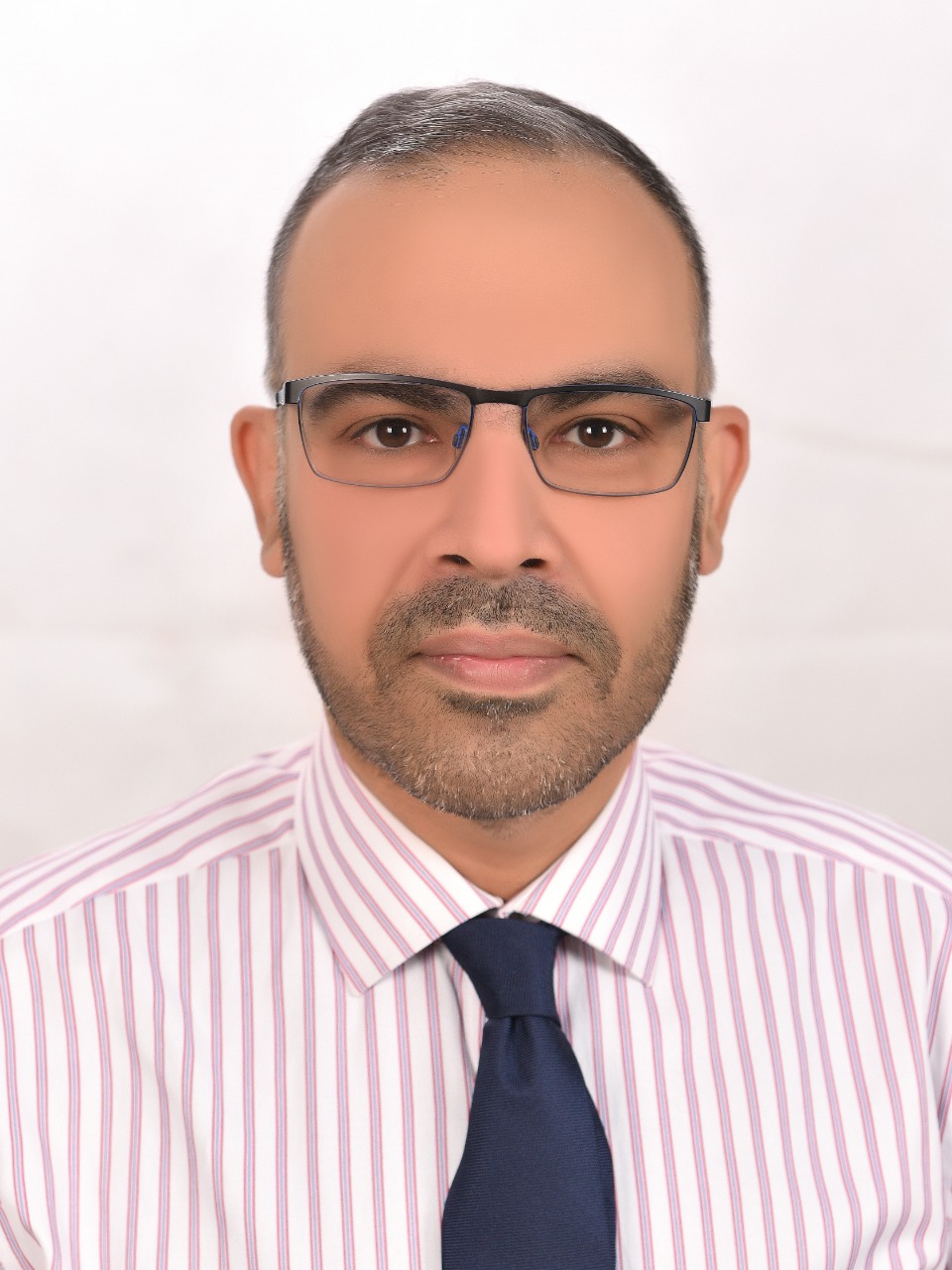
|
Who, or what, is a transplant educator? Ala Ali, Iraq |
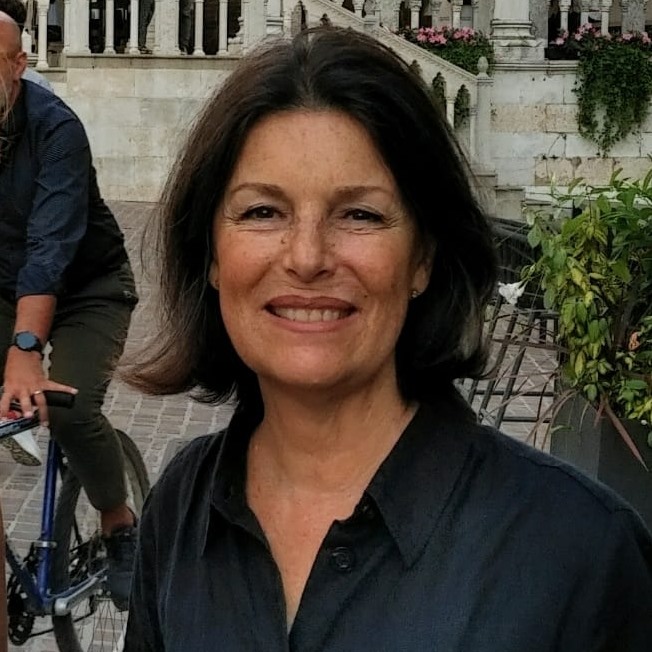
|
Panelist Pisana Ferrari, Italy |
| 17:00 - 18:30 | Educational Workshop: The Big Idea - Using data to drive transformational change |
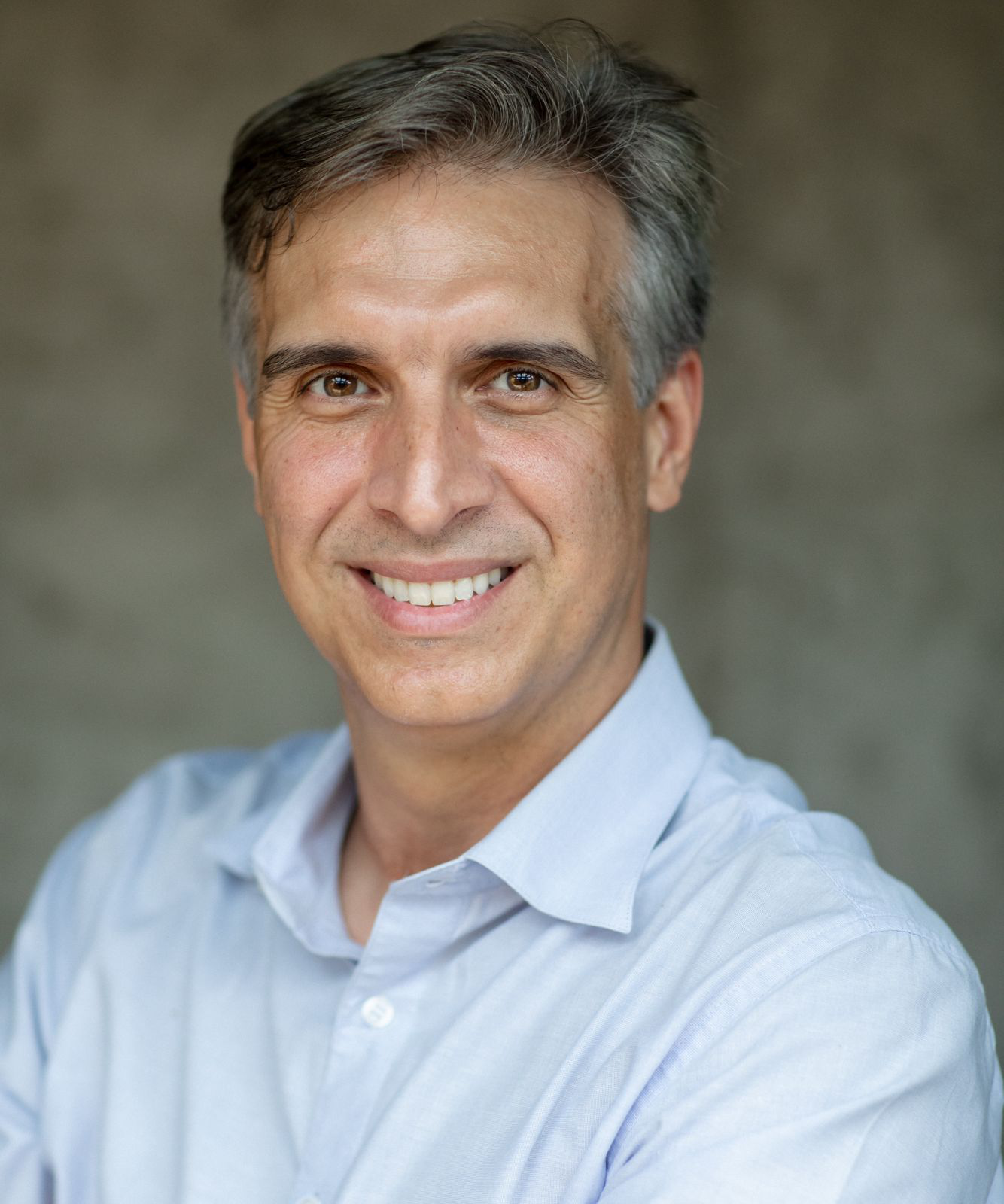
|
Lessons from Latin America Gustavo Ferreira, Brazil |

|
Access to transplantation - Global survey Marcelo Cantarovich, Canada |
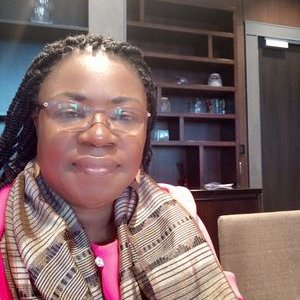
|
Outcomes of children with kidney failure - Is transplantation an option? Gloria Ashuntantang, Cameroon |
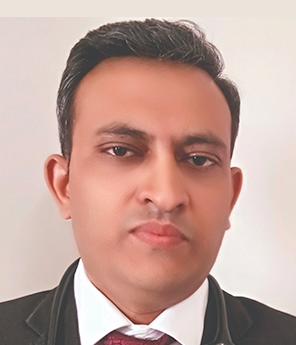
|
Knowledge to action in India Vivek Kute, India |
Tue Sep 24
| 08:00 - 09:15 | Educational Workshop: Enhancing outcomes: BK and CMV guidelines after solid organ transplantation |
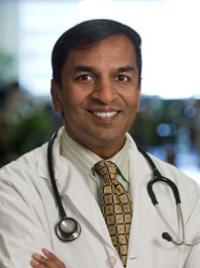
|
Empowering transplant teams: CMV guidelines for optimal patient care Atul Humar, Canada |
| 10:40 - 12:10 | Educational Workshop: TTS-ISN workshop on accessibility & sustainability of kidney transplant care |
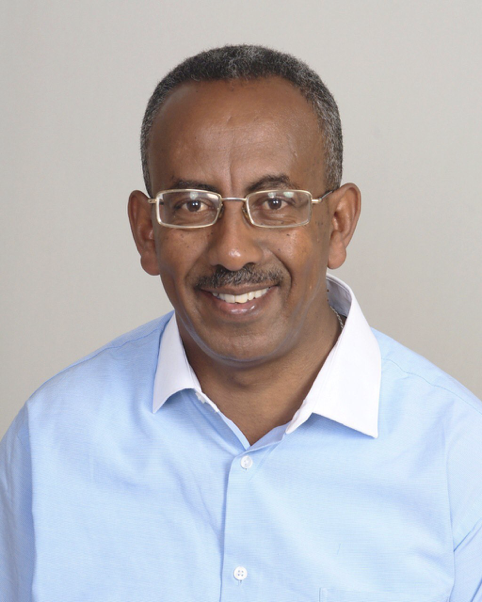
|
Kidney care and ethical framework in Africa (related to Tx) Yewondwossen Tadesse Mengistu, Ethiopia |
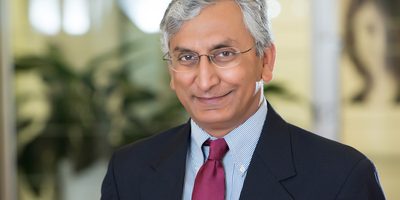
|
Global issues relating to kidney disease and access to Tx Vivekanand Jha, India |
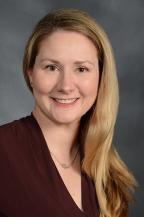
|
Use of expanded criteria donors (high risk donors) from a global perspective Deidre Sawinski, United States |
| 10:40 - 12:10 | Educational Workshop: What's new in living donor liver transplantation |
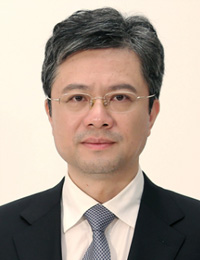
|
Surgical tips in laparoscopic donor hepatectomy Qiang Xia, People's Republic of China |
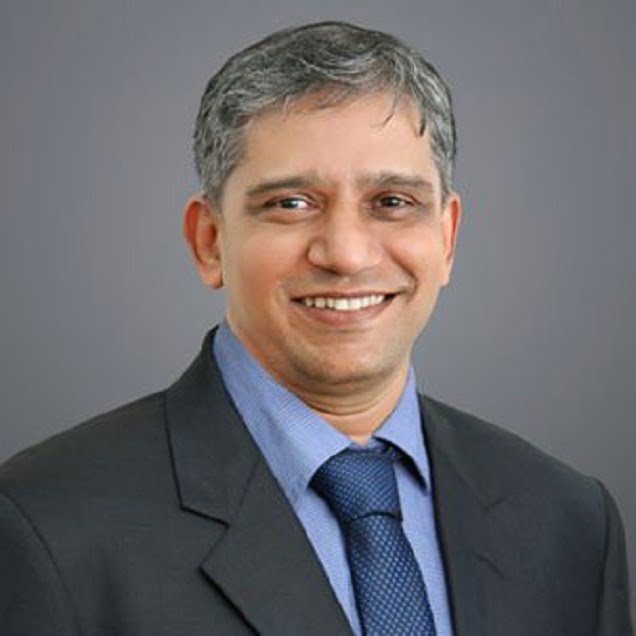
|
Surgical tips in robot-assisted donor hepatectomy S. Sudhindran, India |
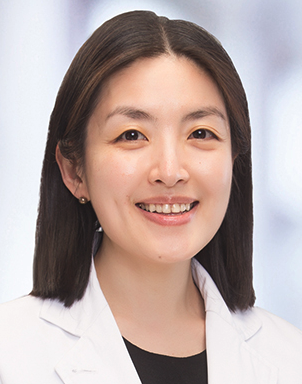
|
Perioperative imaging assessment of liver function, anatomy & detection of complication in living donor LT Jeong Hee Yoon, Korea |
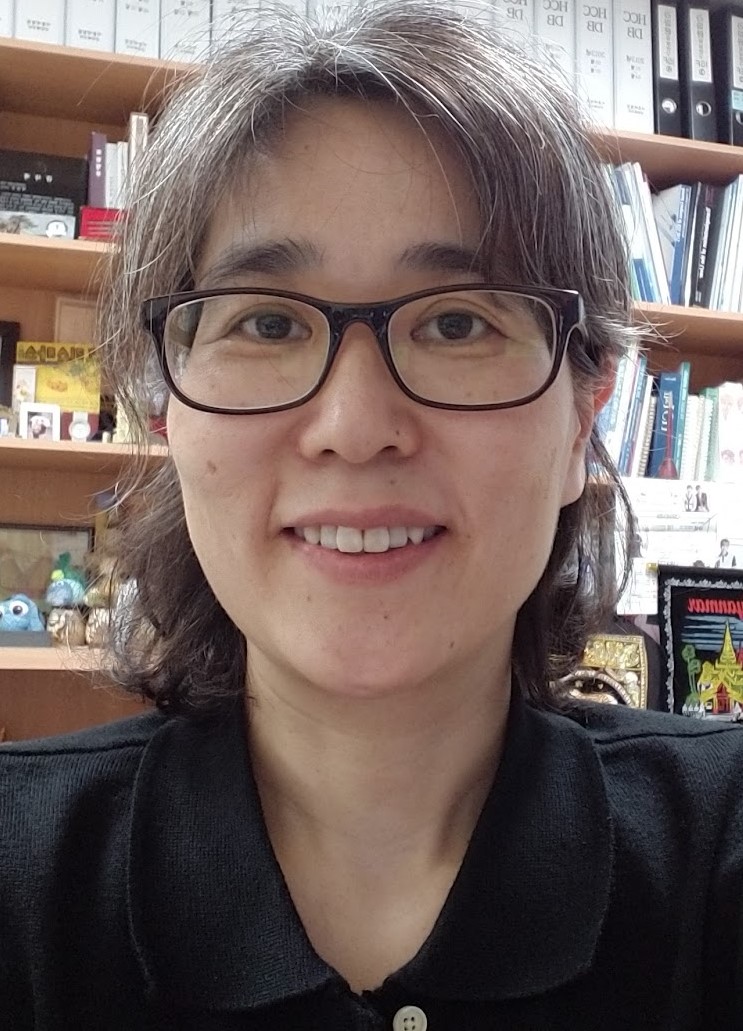
|
How to overcome graft size matching issue in pediatric liver transplantation Nam-Joon Yi, Korea |
| 13:30 - 15:30 | Educational Workshop: Machine Learning - Technical |
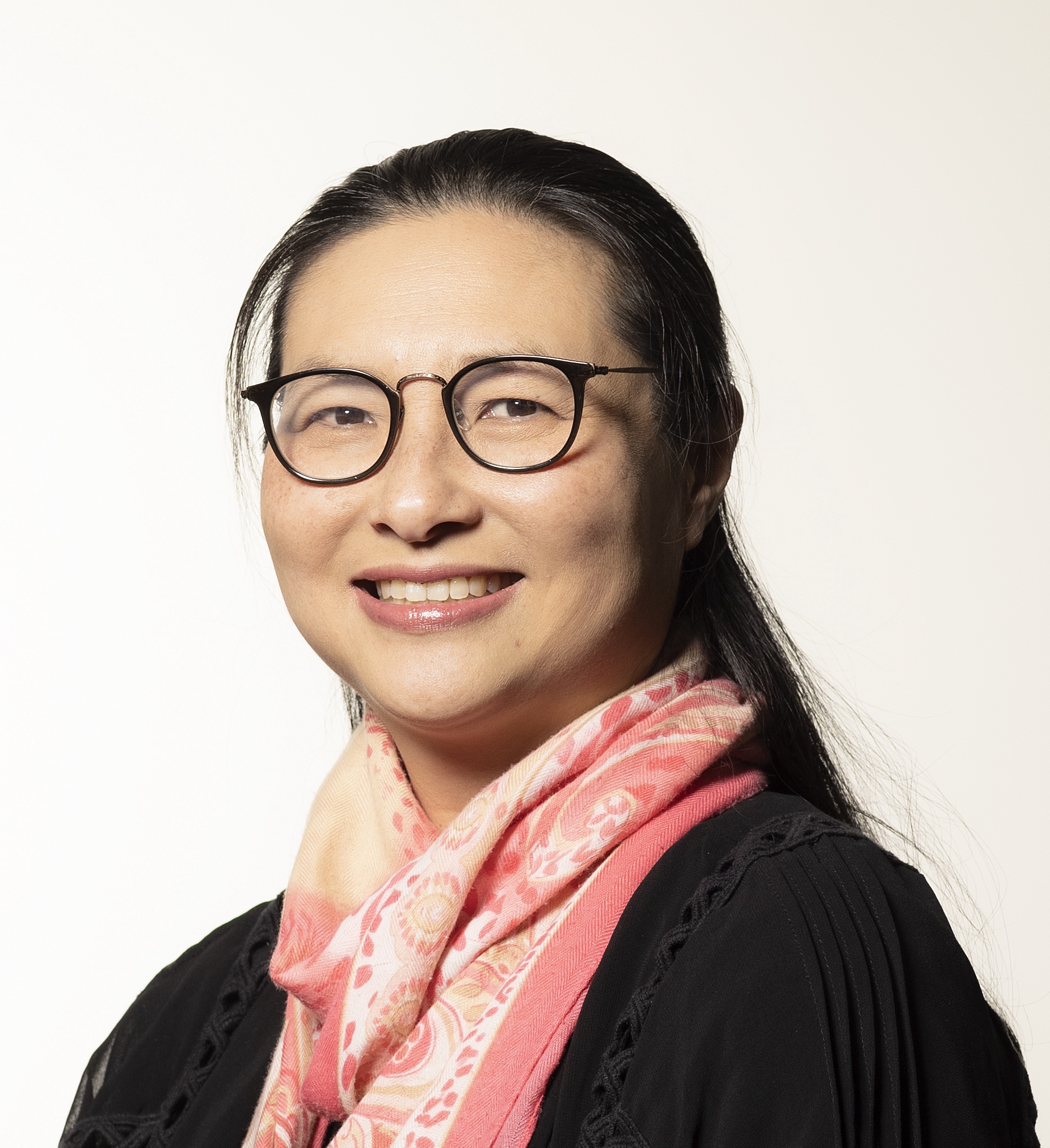
|
Multi-omics integration in transplantation Jean Yang, Australia |
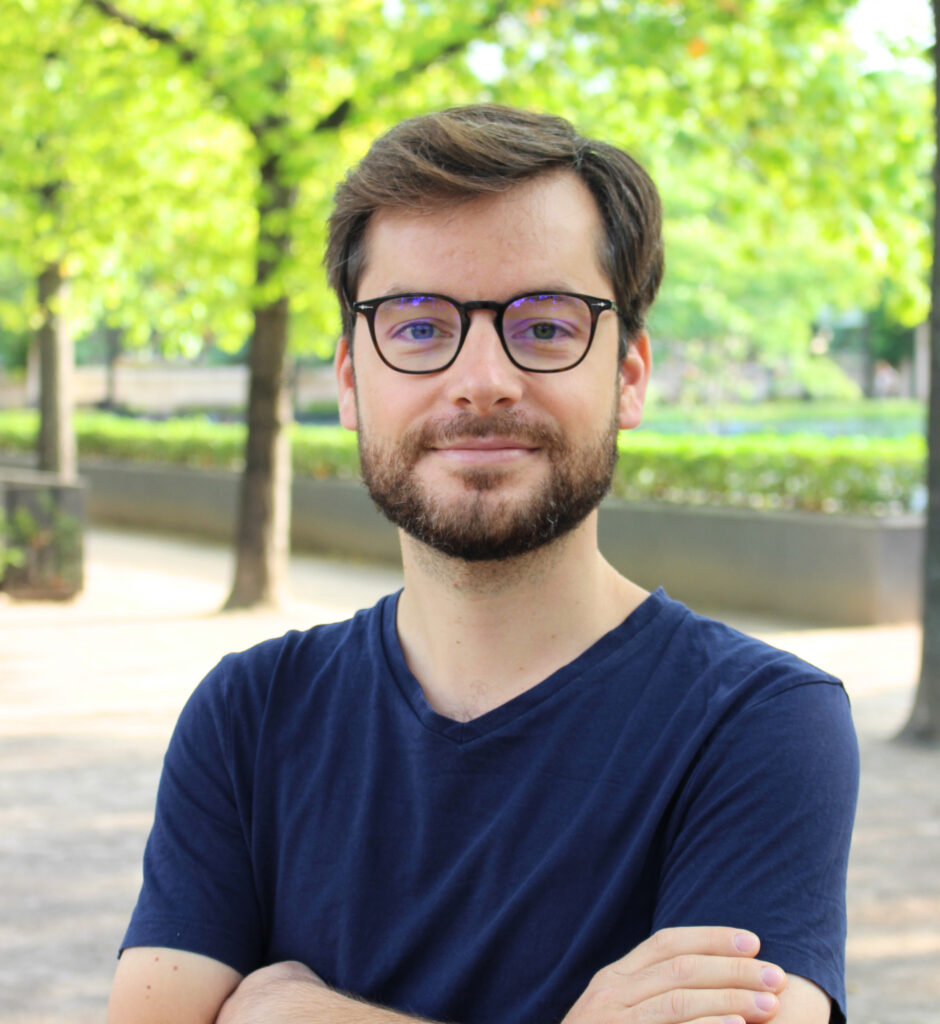
|
Machine learning - A primer Valentin Goutaudier, France |
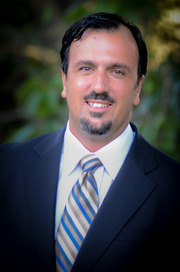
|
Understanding causal inferences in transplantation Armando Teixeira-Pinto, Australia |
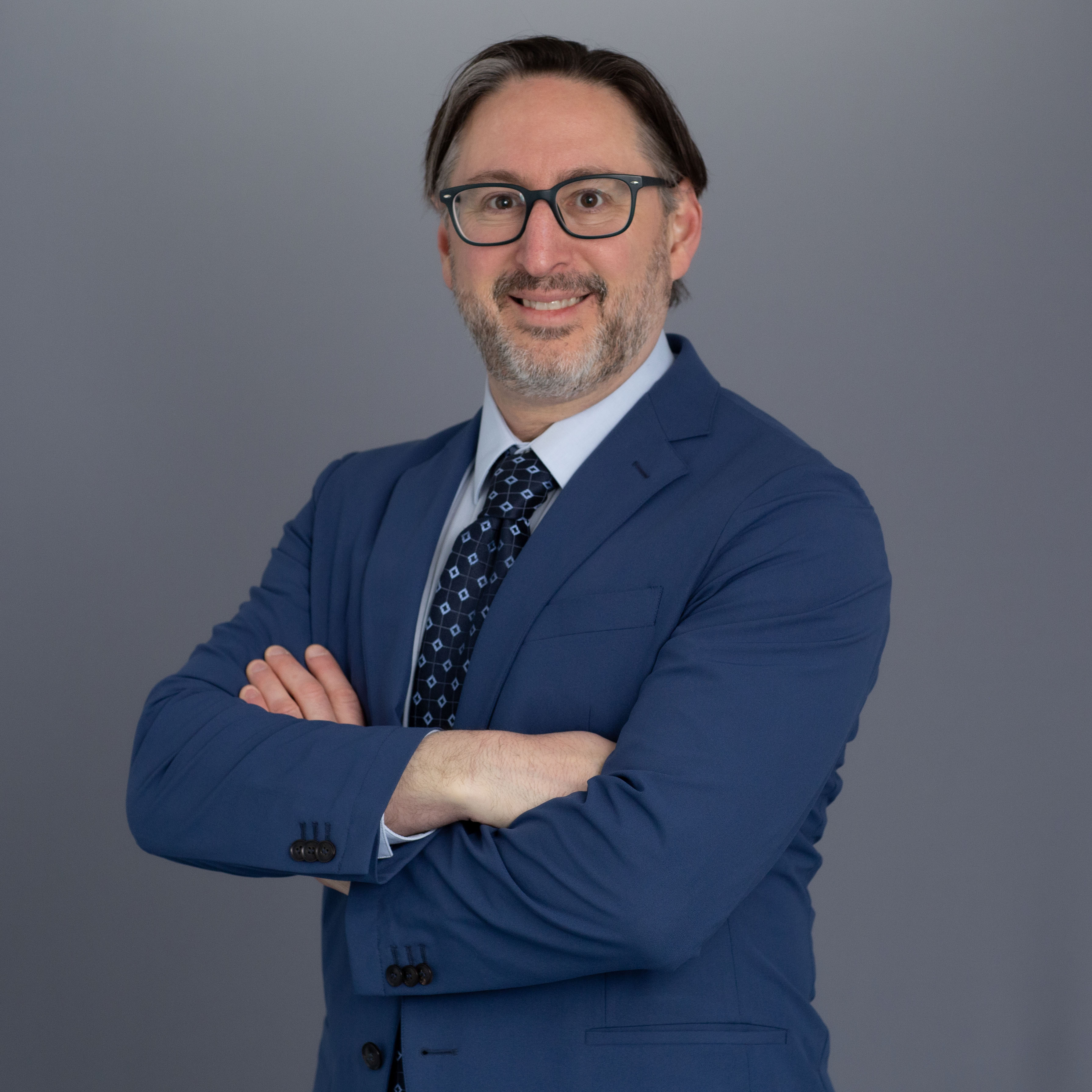
|
Machine learning to predict transplant outcomes: Helpful or hype? Dorry Segev, United States |
| 15:40 - 16:40 | Educational Workshop: Transition of solid organ recipients into adult medicine - A success story? |
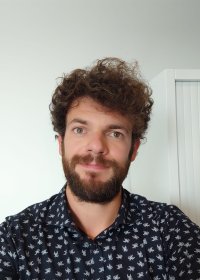
|
Patient perspective (after transition) Karsten Vanden Wyngaert, Belgium |
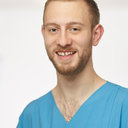
|
Panel discussant Carl Grabitz, Germany |

|
Panel discussant Arvind Nagra, United Kingdom |
| 16:50 - 18:30 | Educational Workshop: Truth and lies in living donation |
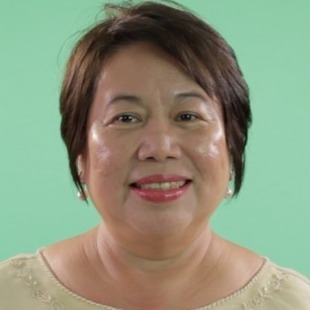
|
The leaky sieve of organ trafficking – how protective measures may be circumvented Benita Padilla, Philippines |
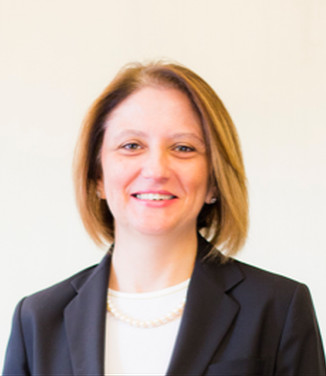
|
Introduction to the session Rümeyza Kazancıoğlu, Turkey |
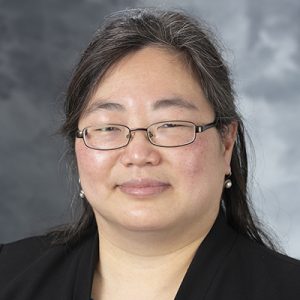
|
Alibis for unwilling donors – why and how these may be necessary Carrie Thiessen, United States |
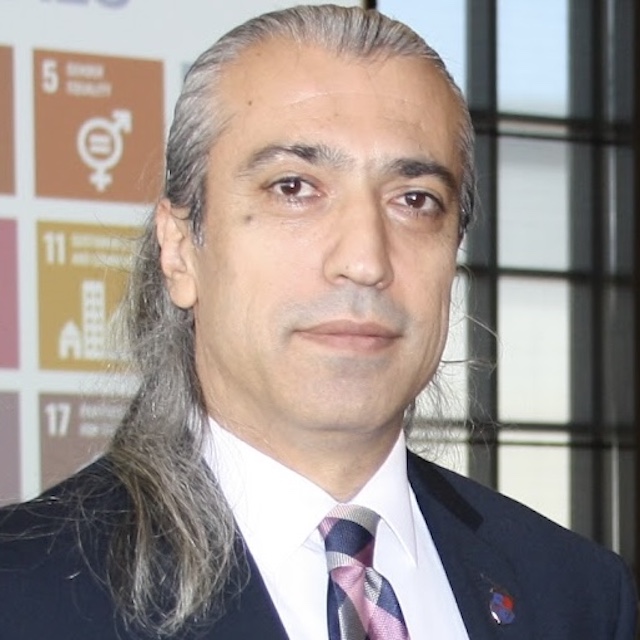
|
Misattributed parentage or trafficking in living donation? – to disclose or not to disclose Ercan Avci, United States |
Wed Sep 25
| 13:40 - 15:10 | Educational Workshop: 'Asking difficult questions during difficult times’ - Complex choices and practical challenges of consent |
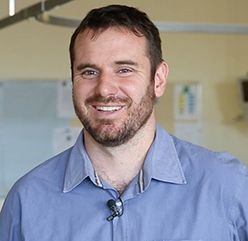
|
Introducing the option of donation for research – keeping it simple David Thomson, South Africa |
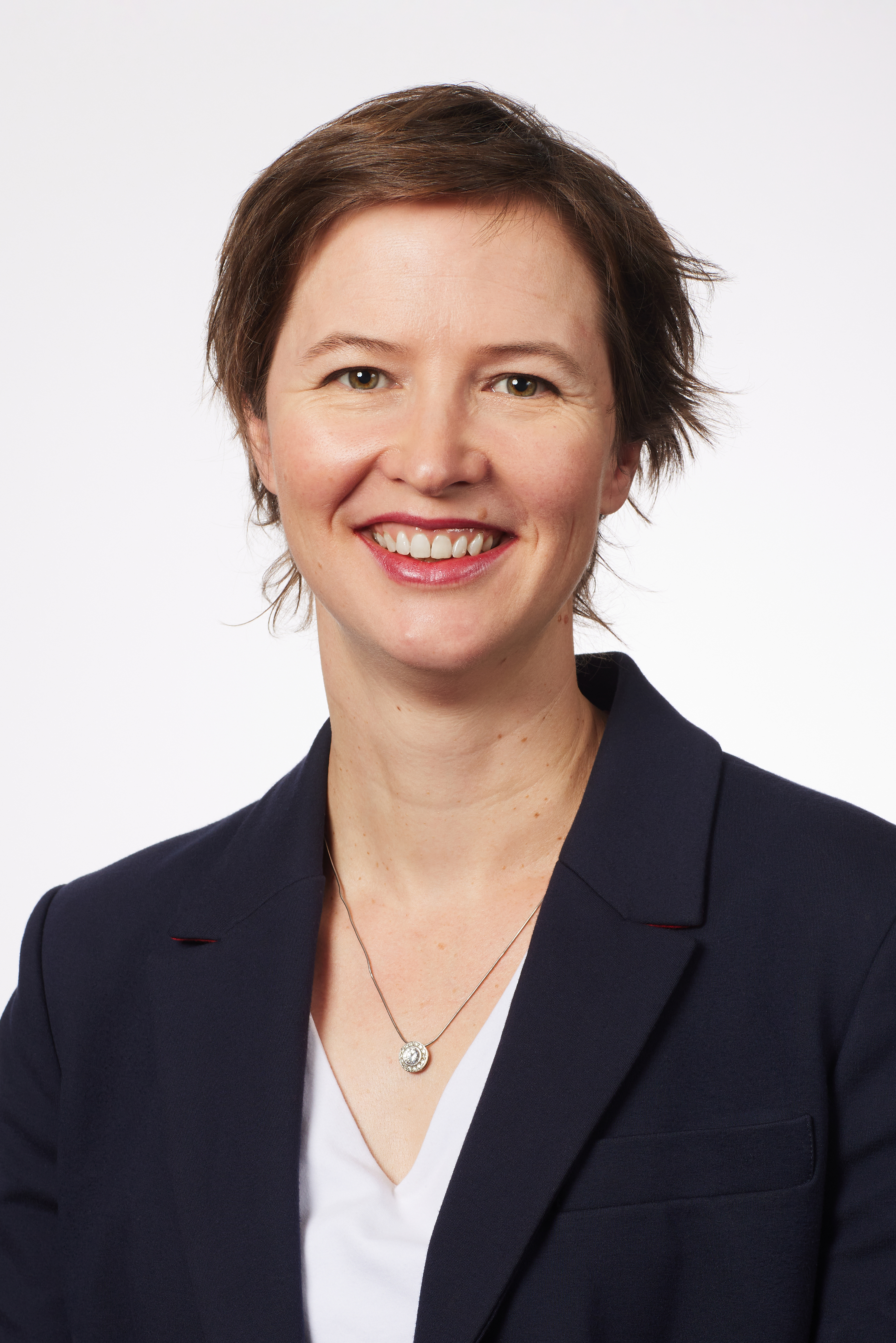
|
Establishing a research biobank in the context of donation for transplantation - managing information overload Claire Gordon, Australia |
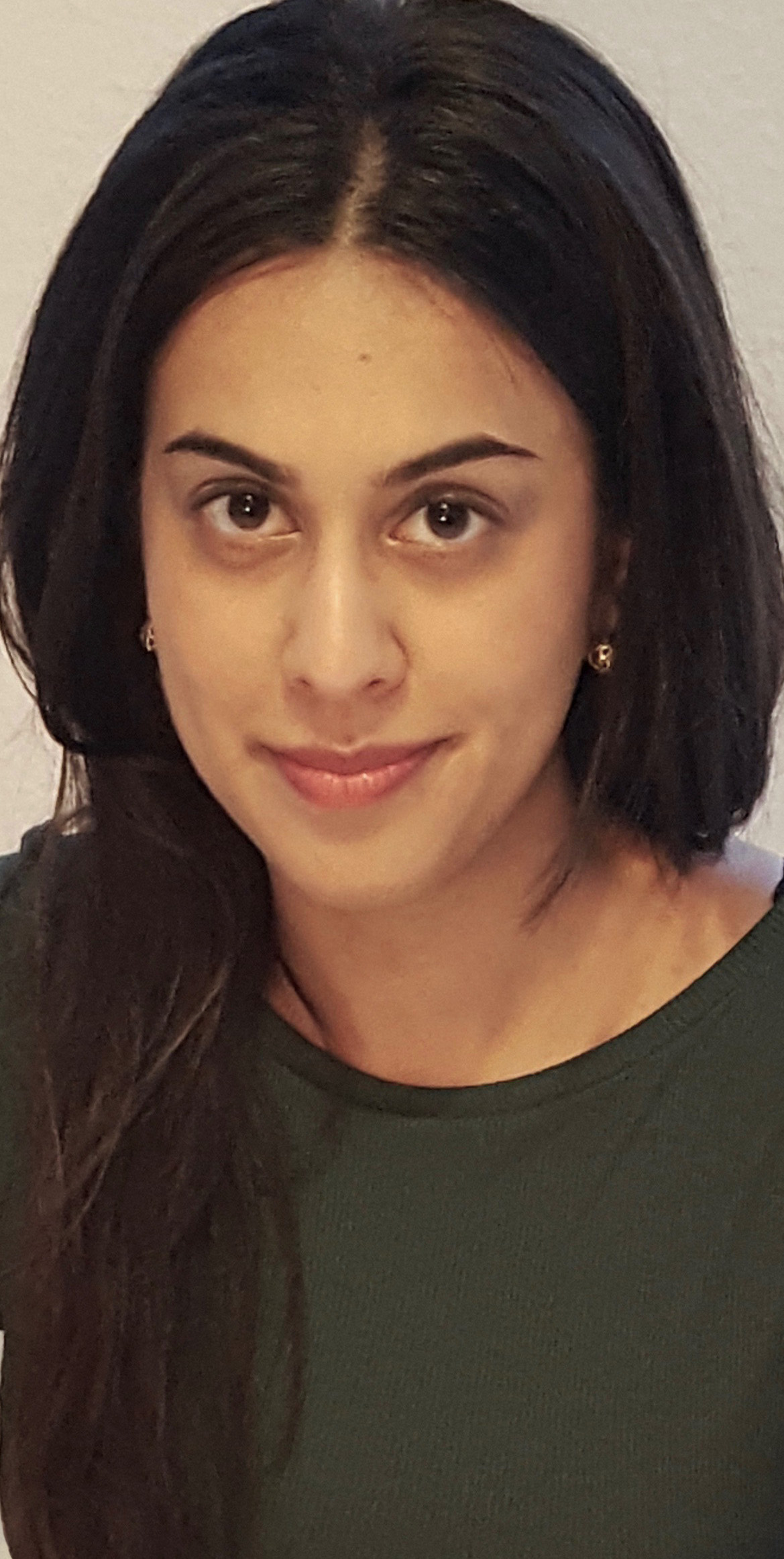
|
Consent for deceased donor transplantation – ensuring validity Farrah Raza, United Kingdom |

|
Panel discussant Pisana Ferrari, Italy |
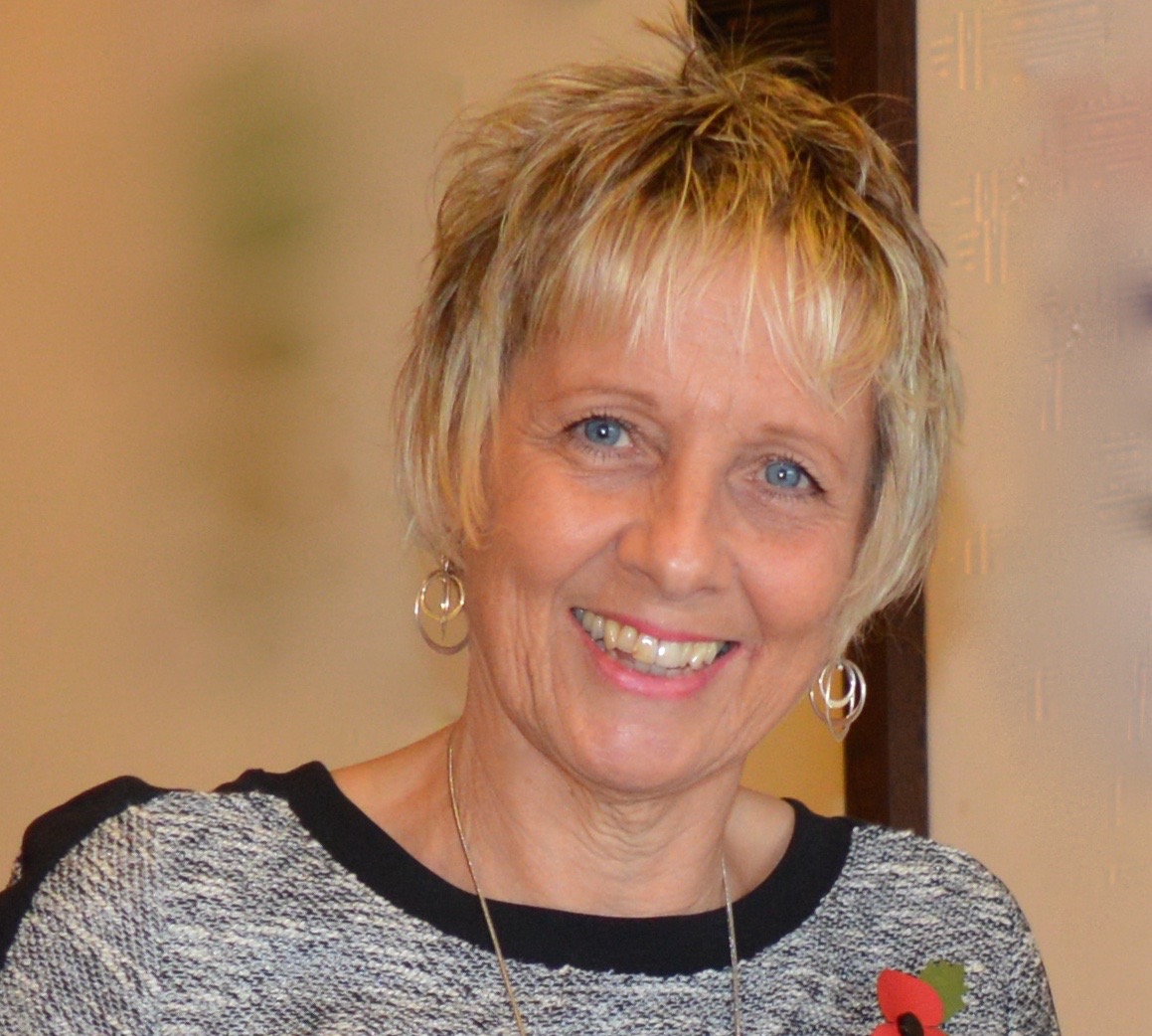
|
Panel discussant Karen Rockell, United Kingdom |
| 15:25 - 16:25 | Educational Workshop: What is cultural safety and how can it improve donation and transplantation care? |
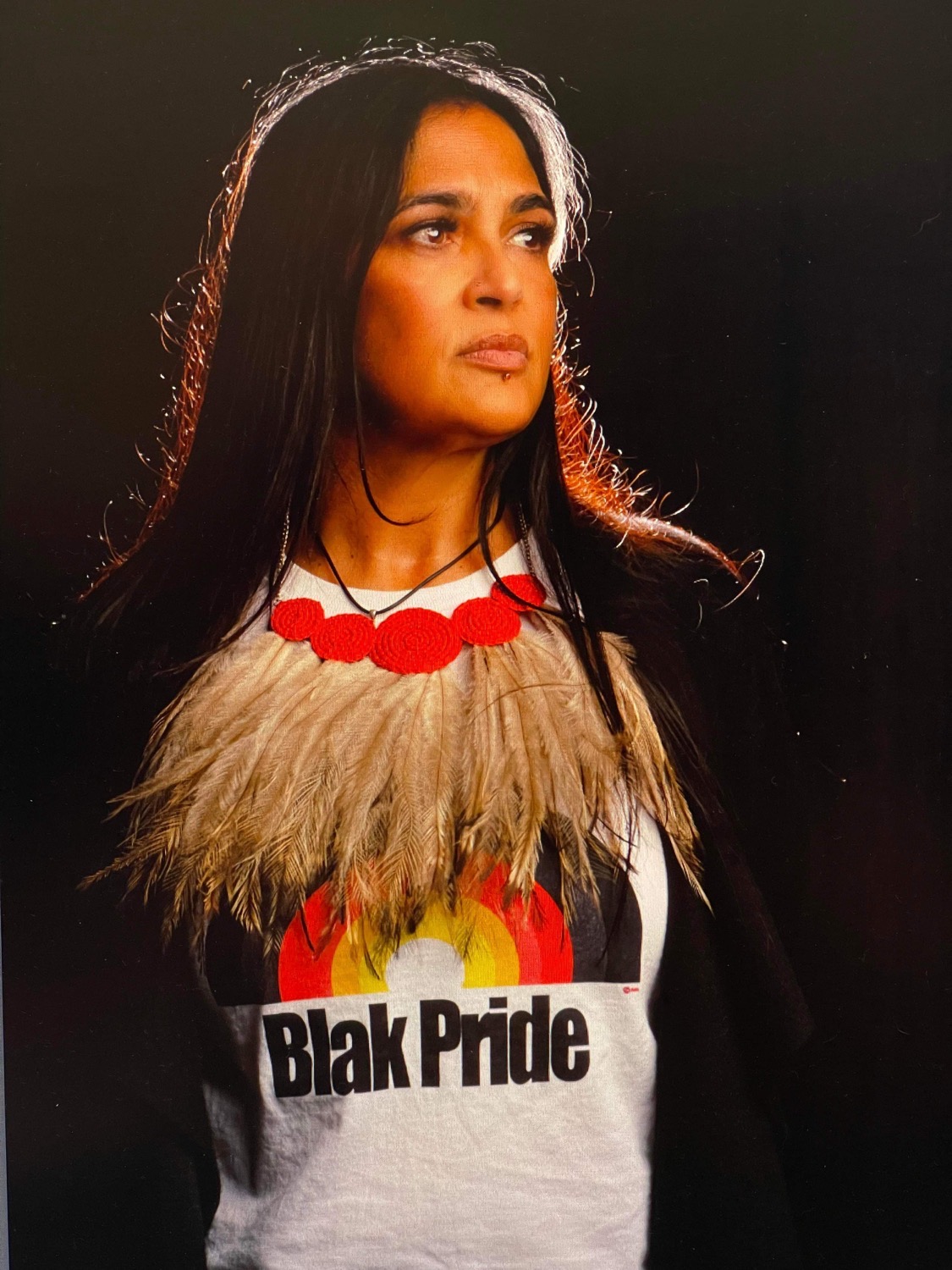
|
Importance of culturally safe care in donation and transplantation for First Nations peoples Kelli J. Owen, Australia |
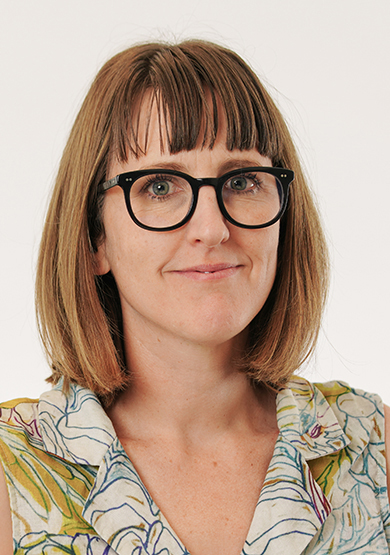
|
Co-presenting with Kelli J. Owen Samantha Bateman, Australia |
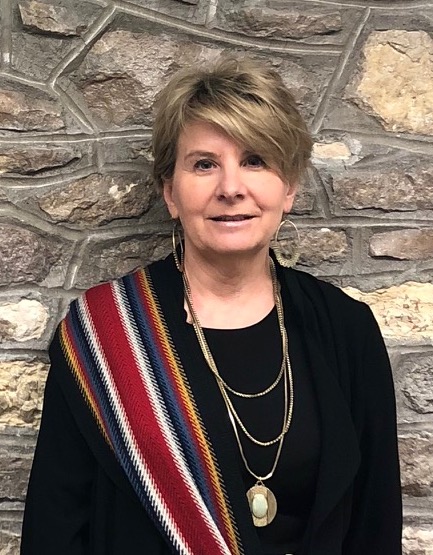
|
How to improve strengths based approaches to research in transplantation involving First Nations peoples? Caroline Tait, Canada |
Abstract Deadline is 10 Days Away!
Submitting an abstract to the TTS 2024 Congress offers a platform to showcase groundbreaking research, connect with global experts, and contribute to advancements in transplantation medicine, fostering collaboration and influencing the field's future direction.
Submission deadline: March 18, 2024.
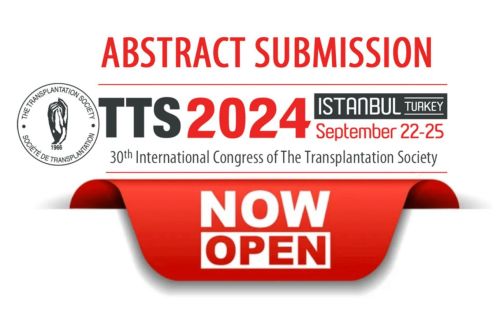
Awards - Take advantage of the 50+ Awards
TTS Scientific Congress Awards
The TTS Scientific Congress awards are designed to help offset expenses incurred to attend the TTS Congress and are awarded based on the scientific merit of applicants.
To Be Eligible for A Scientific Award, An Individual Must:
- Submit at least one abstract as a presenting author.
- Apply prior to the deadline: April 26, 2024
- Be either:
- A trainee/fellow/PhD student. As such, must be within two (2) years of completion of their training and/or fellowship.
- Allied Health Professional (nurses, psychologist, pharmacist, nutritionist, ect)
- Resident of emerging economy according to TTS list
- Be a member of TTS. If an applicant is not a member of The Transplantation Society, a membership application must be completed on the TTS website by the application deadline in order for the award application to be reviewed and considered.
- For trainee/fellow/ PhD student: A supporting letter must be submitted as a part of the application. This letter must be signed by the applicant's Training Program Director to verify the applicant’s status. Authors will not be considered for an award if the required letter is not sent. The grant applicant MUST be the presenting author. No exceptions will be made.
- For Allied Health Professional: A supporting letter or copy of the practice license must be submitted as a part of the application. This letter must be signed by the applicant's Director to verify the applicant’s status.
- Attend the award ceremony at the Congress to receive the award (schedule to be confirmed).
Process For Awarding the Grant:
- Awardees will be selected from the pool of eligible applicants based upon the abstract's degree of excellence (top score), as determined by the Scientific Program Committee.
- Every effort will be made by TTS to award at least one scientific award to an applicant from each of the six TTS NEW geographic regions. The geographic regions are North America, Latin America, Europe, Asia (Eastern, Southeast and West/Central (middle-east)), Africa and Oceania.
- The award will be based on the geographical area of the applicant in relation to the location of the meeting, up to a maximum of $1,000 USD per awardee.
How To Apply:
After submitting your abstract, simply click the "Scientific Award" button from the main dashboard of the program management system.
2024 International Basic and Translational Science Mentee-Mentor Awards
The Transplantation Society celebrates the contributions of basic science to the field of transplantation with the International Basic and Translational Science Mentee-Mentor Awards to recognize the efforts of scientists who have advanced our understanding of transplantation science and fostered the development of the young investigators who will be the future leaders in our field.
Attending the Congress
Registration Now Open!
Fees for the meeting are separated into in-person or virtual streaming. We offer greatly reduced fees for trainees, fellows and AHPs. In addition, for the 1st time we are offering a 50% discount on main registration for delegates from lower to middle income countries.
Hotel Reservation Now Open!
We have carefully curated a preliminary block of rooms at eight hotels in close proximity to the Istanbul Congress Center with different price points for all budgets. We will add additional hotels as pricing becomes available. We anticipate all hotels will be within walking distance of (<1 km)
Official Airline

Turkish Airlines is the official airline for TTS 2024. Special discounts are offered for all delegates travelling via international flights arriving in Istanbul.
Discover the ICC
Discover Istanbul
Discover Turkey
Congress - By the Numbers
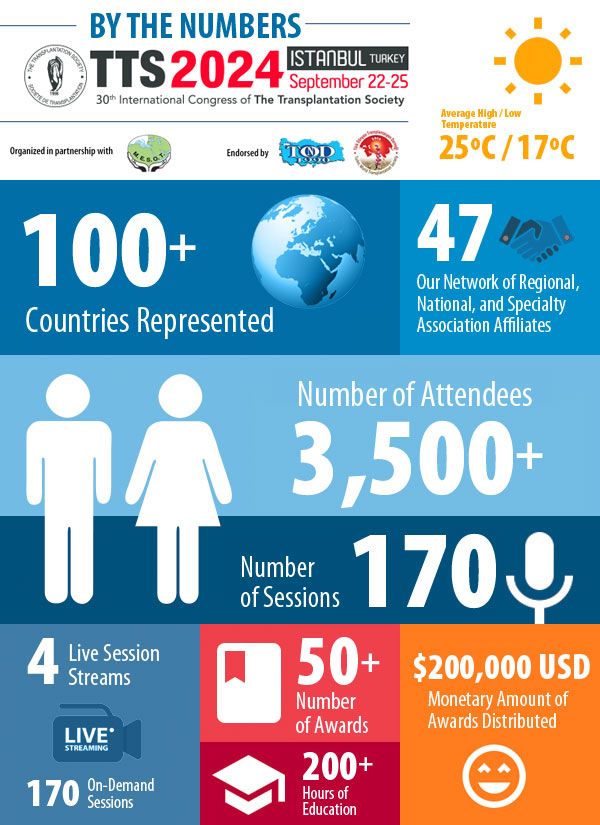
Promote TTS 2024!

On Social Media
Become an Ambassador by Promoting the Meeting! When promoting on social media please use the following:
Hashtag: #TTS2024Official Tags:
@ttsorg (on X - https://twitter.com/ttsorg)
@thetransplantationsociety on Instagram
@tts on LinkedIn
@ttsorg (on X - https://twitter.com/ttsorg)
@thetransplantationsociety on Instagram
@tts on LinkedIn
Our Sponsors
A special thanks to our supporters who in supporting the congress help in the advancement of transplantation world-wide.
Principal
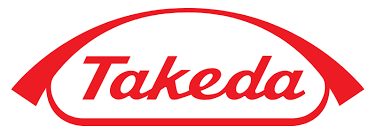
Major


Contributer
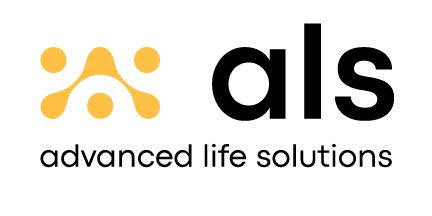

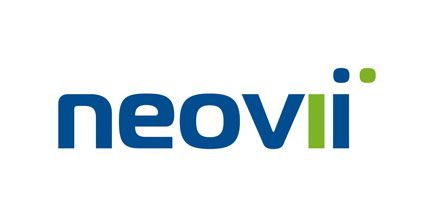
We invite you to explore the opportunities for support available and then let us help you determine what packages or offerings best suit your needs. By supporting the TTS 2024 congress your company is demonstrating their continued support for education for transplant professionals across all related fields. To receive our Sponsorship Opportunities Program please email Kathy Tsandilas, our Director of Sponsorship.
kathy.tsandilas @tts.org
